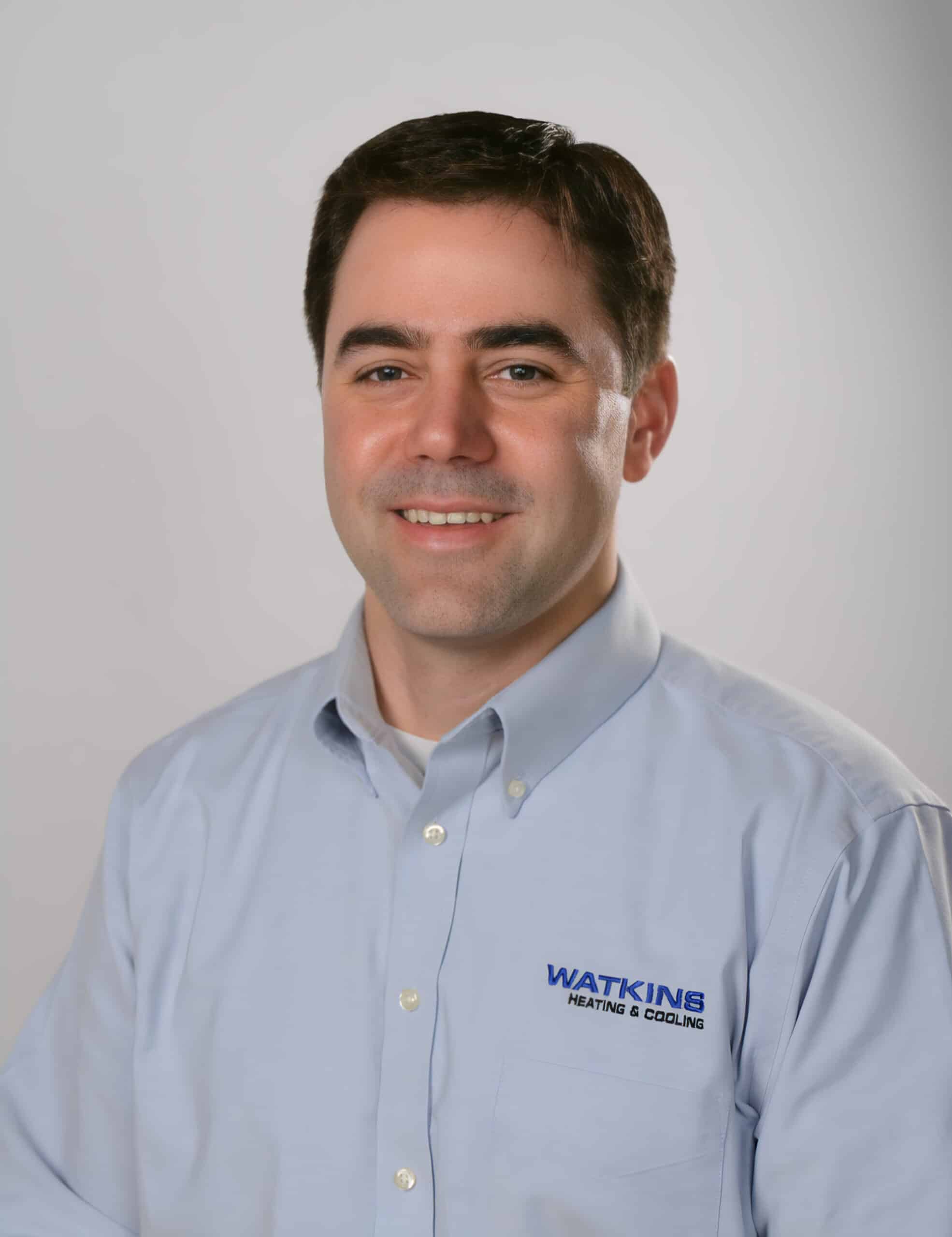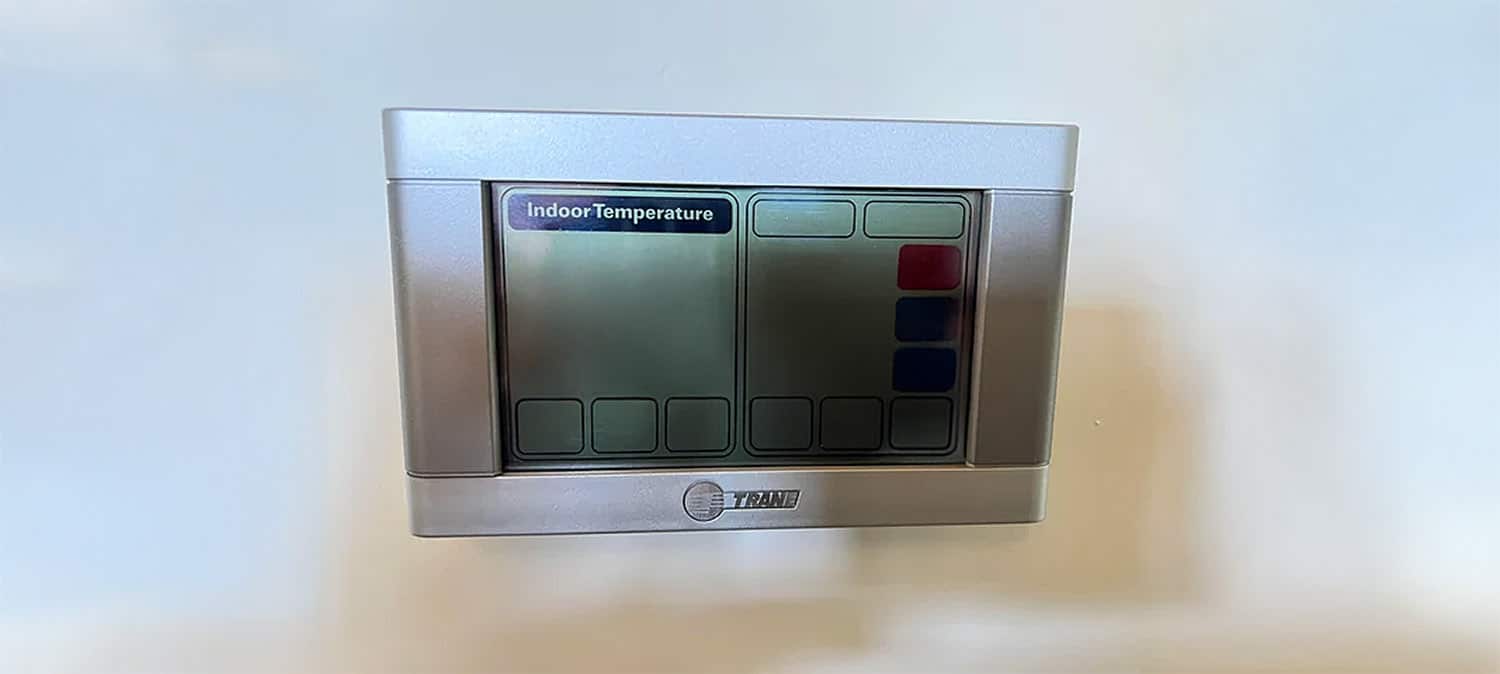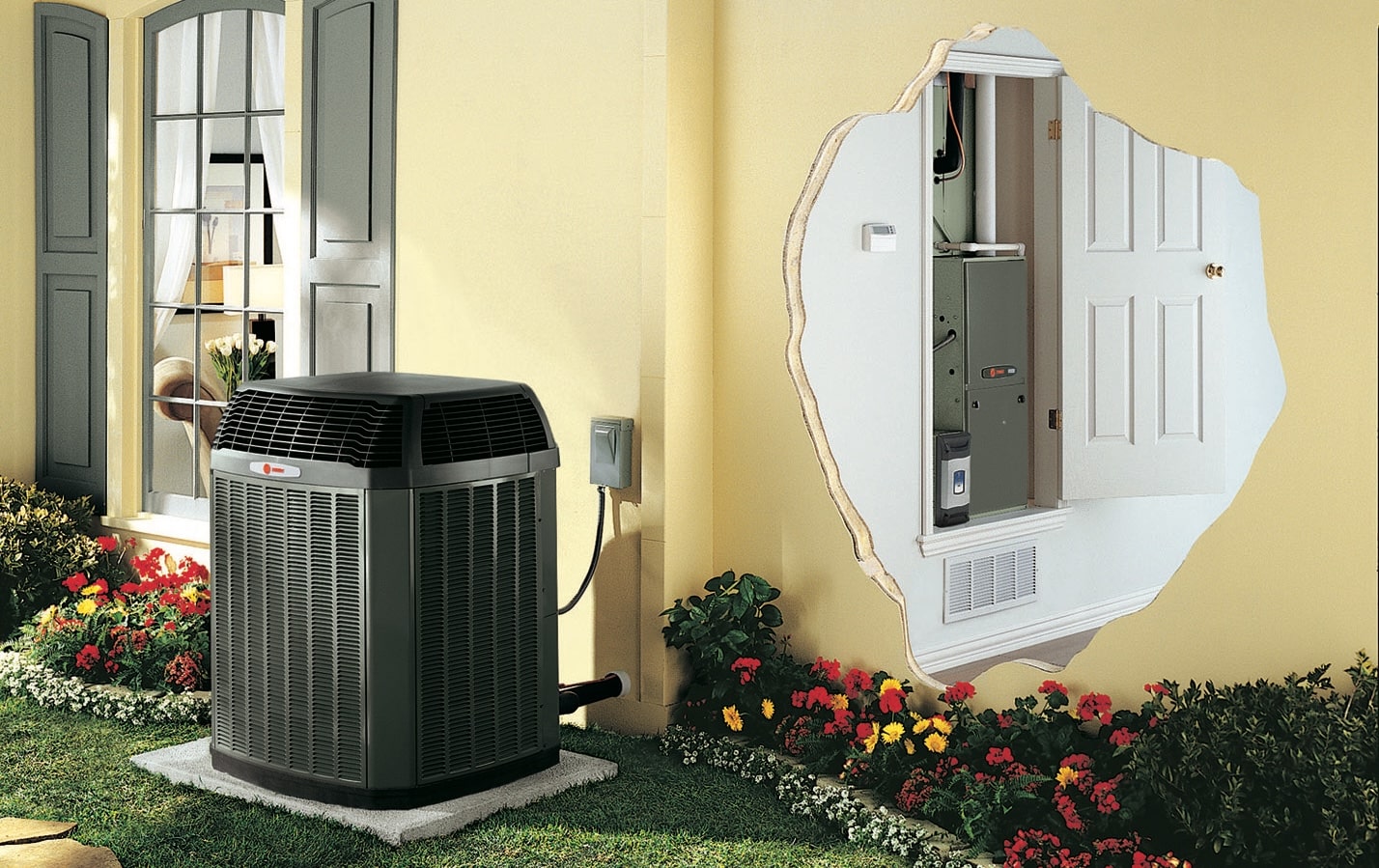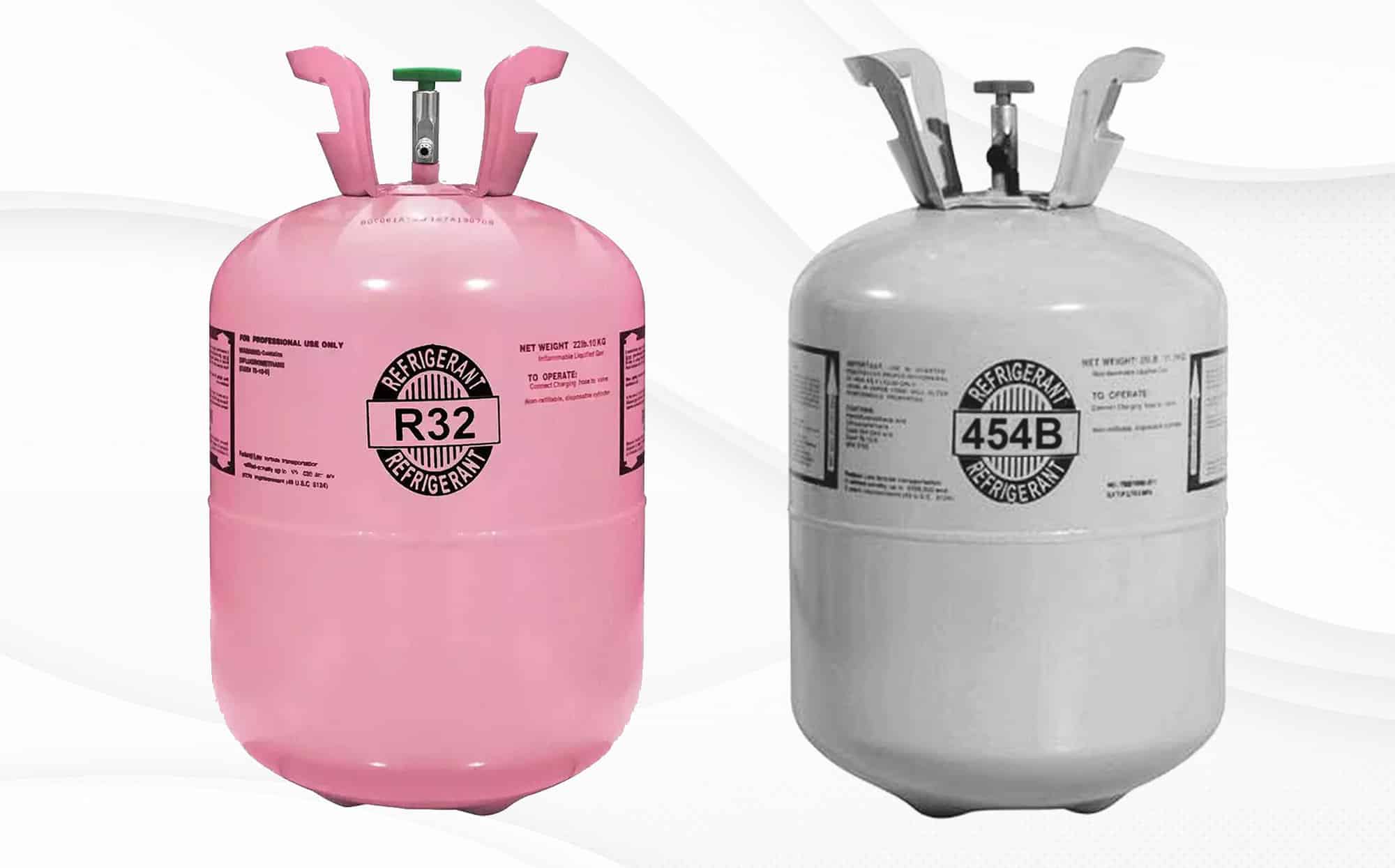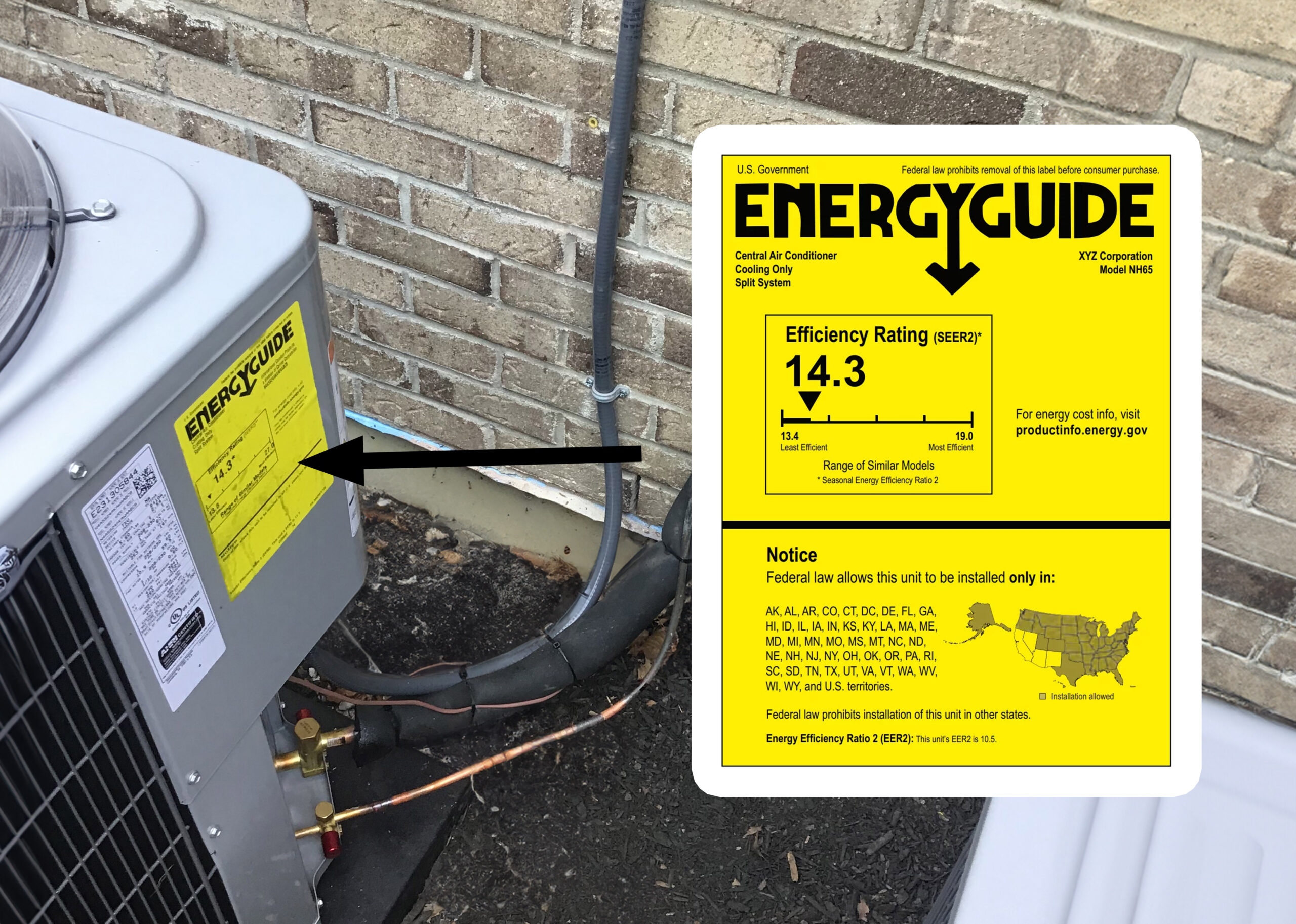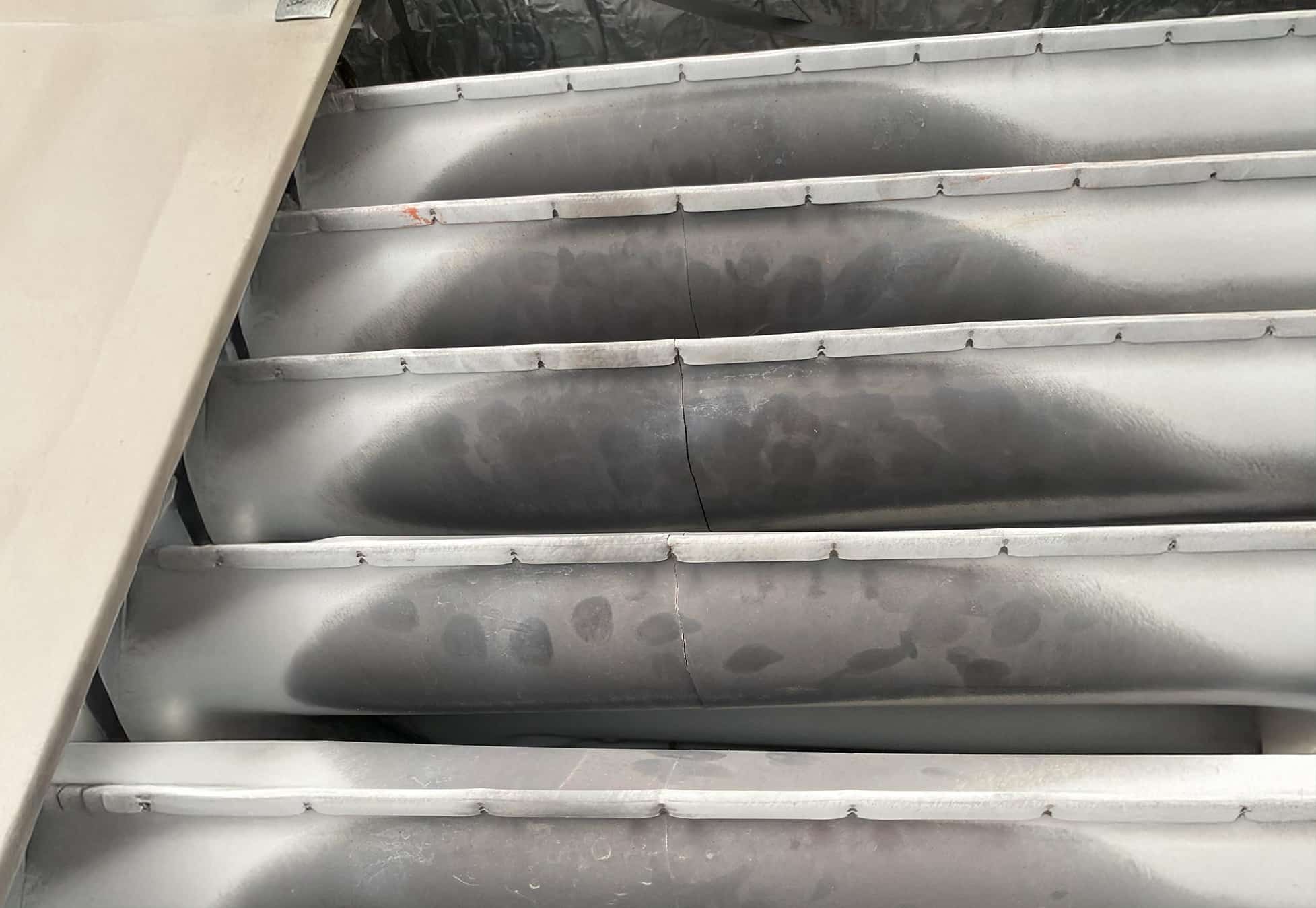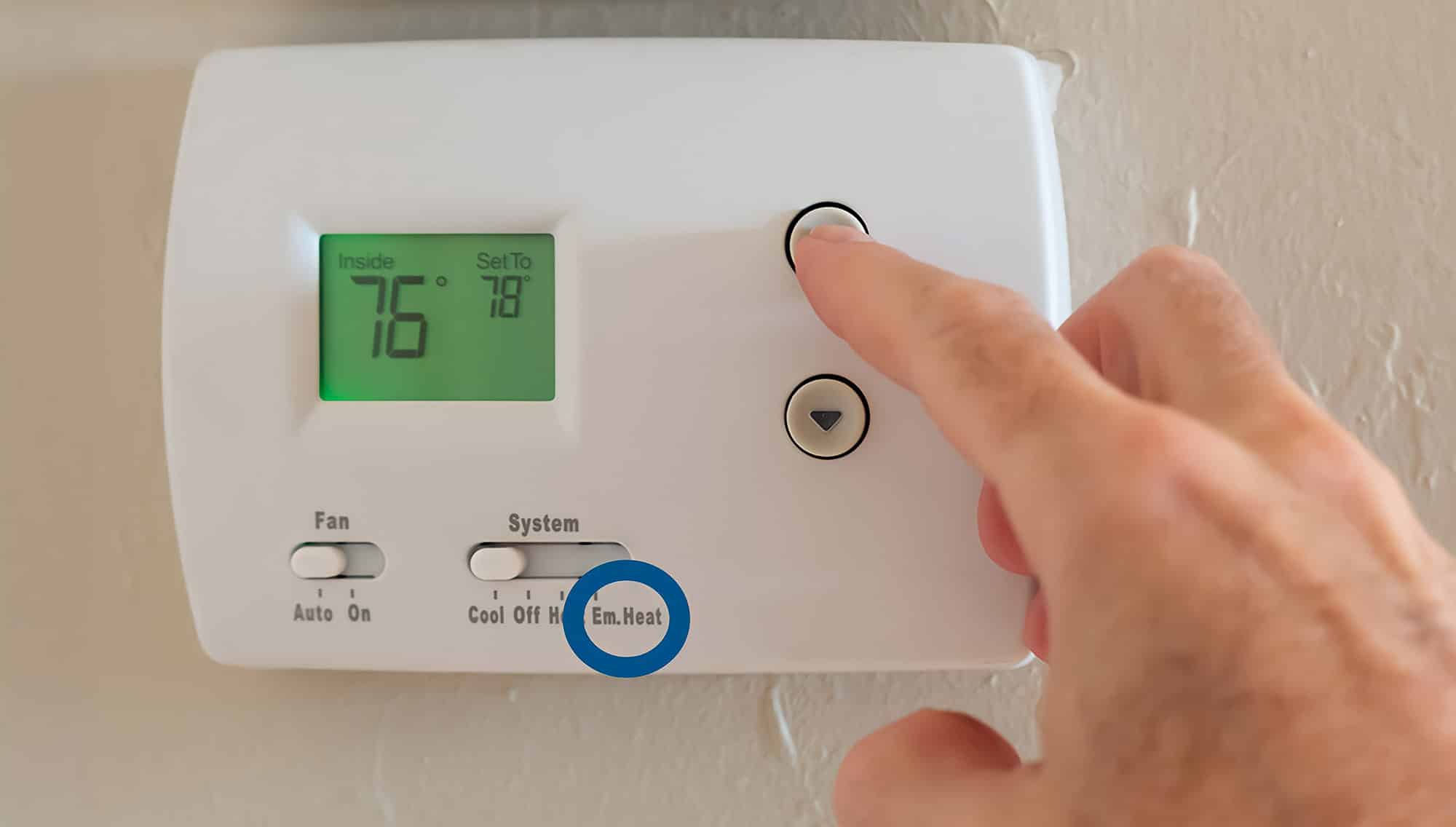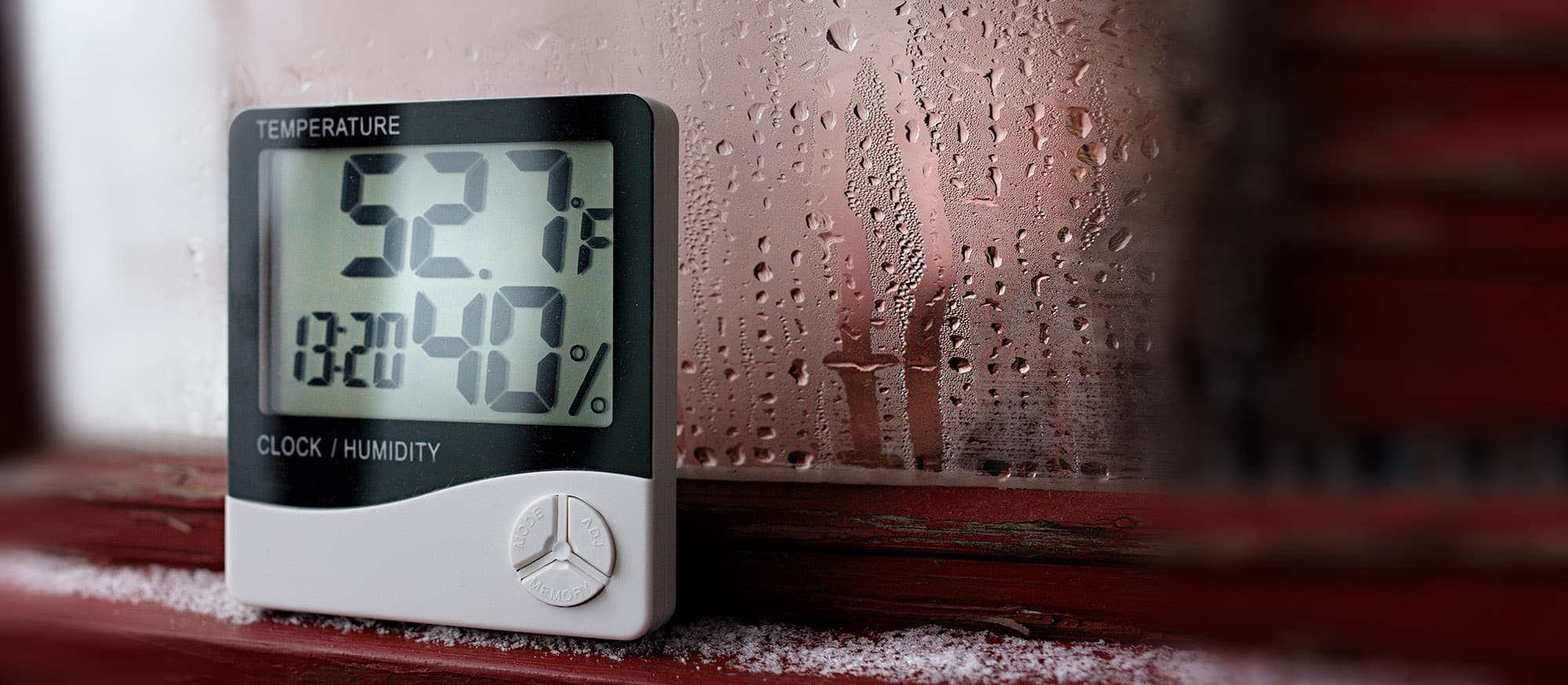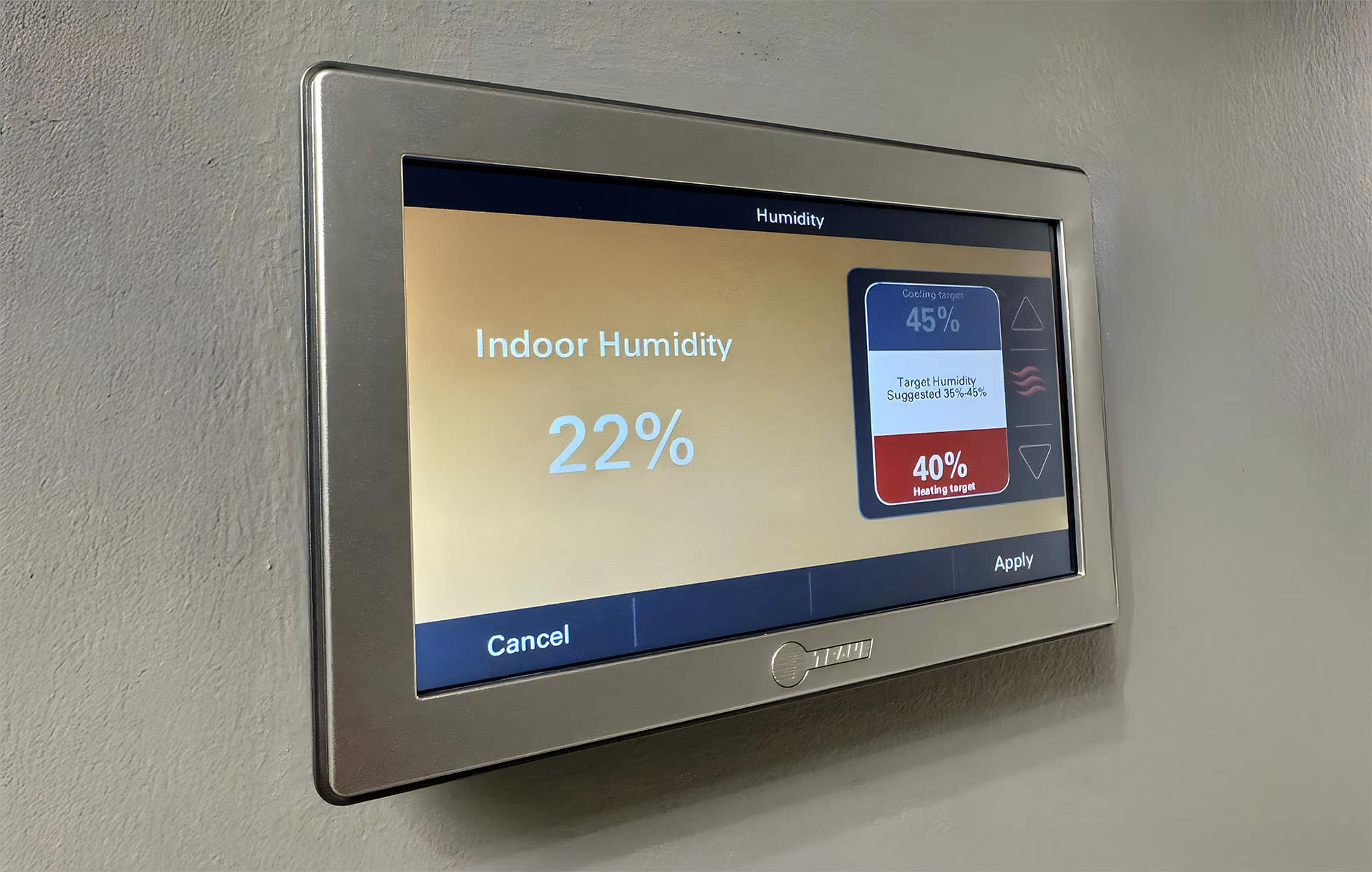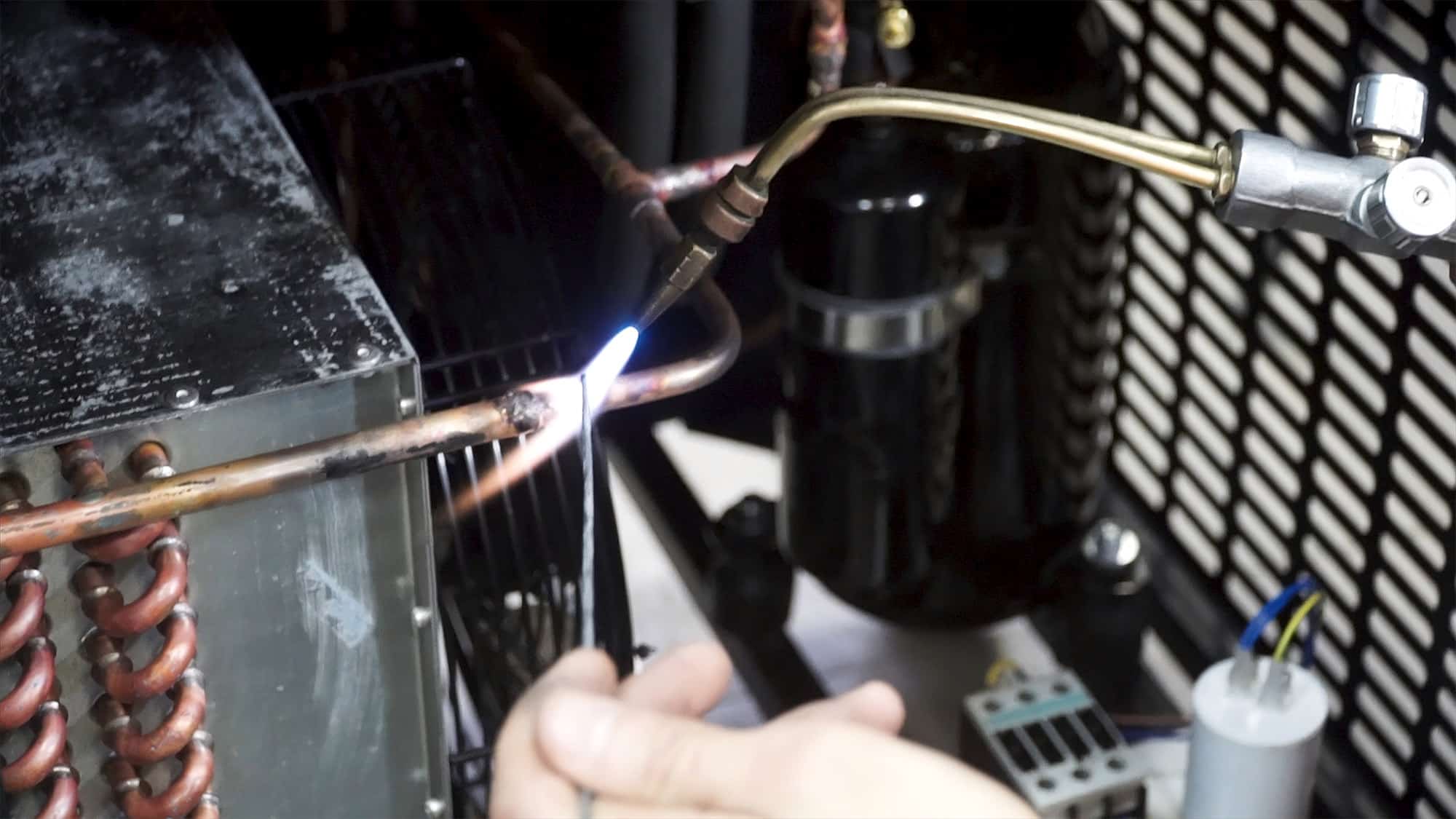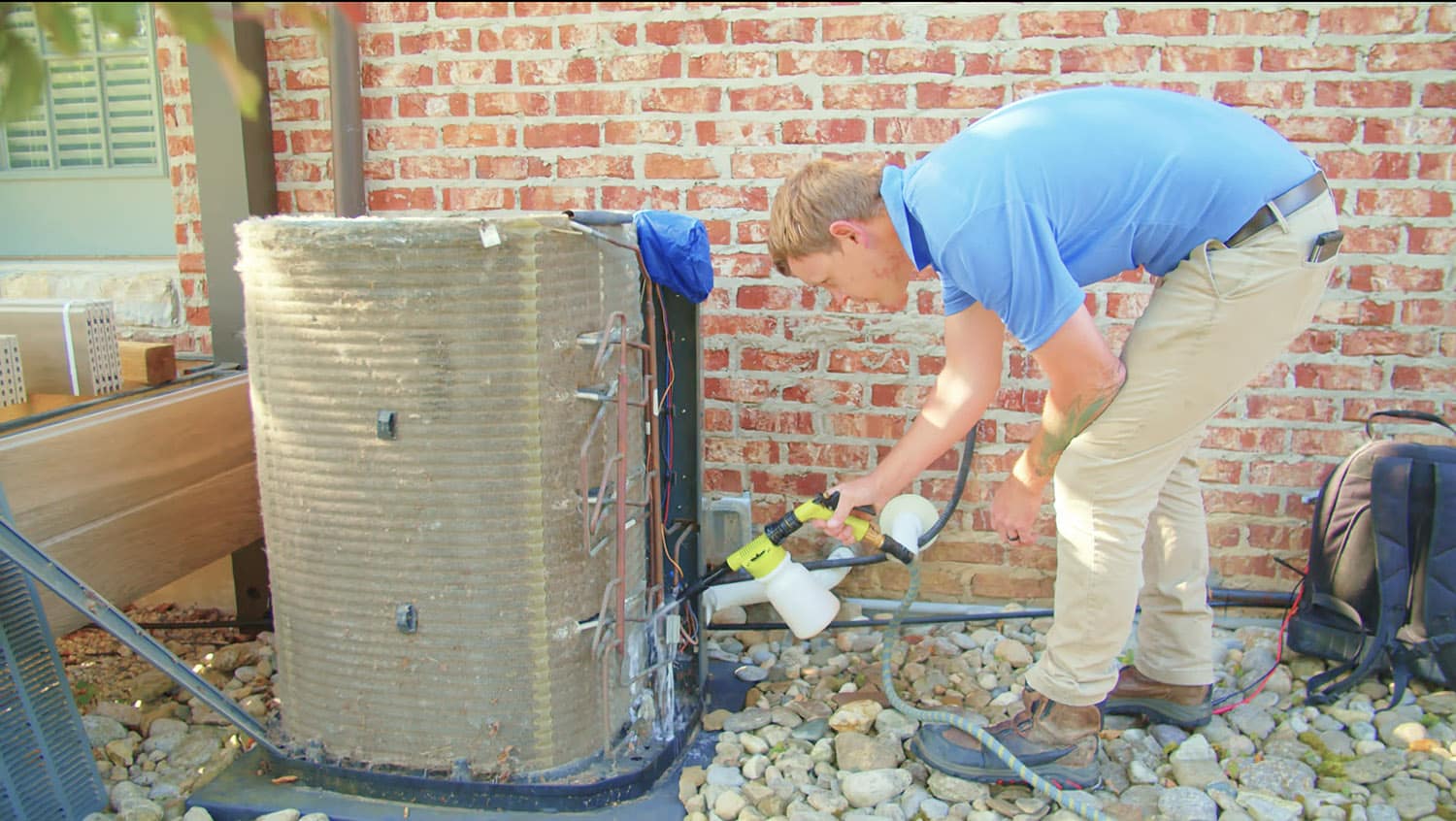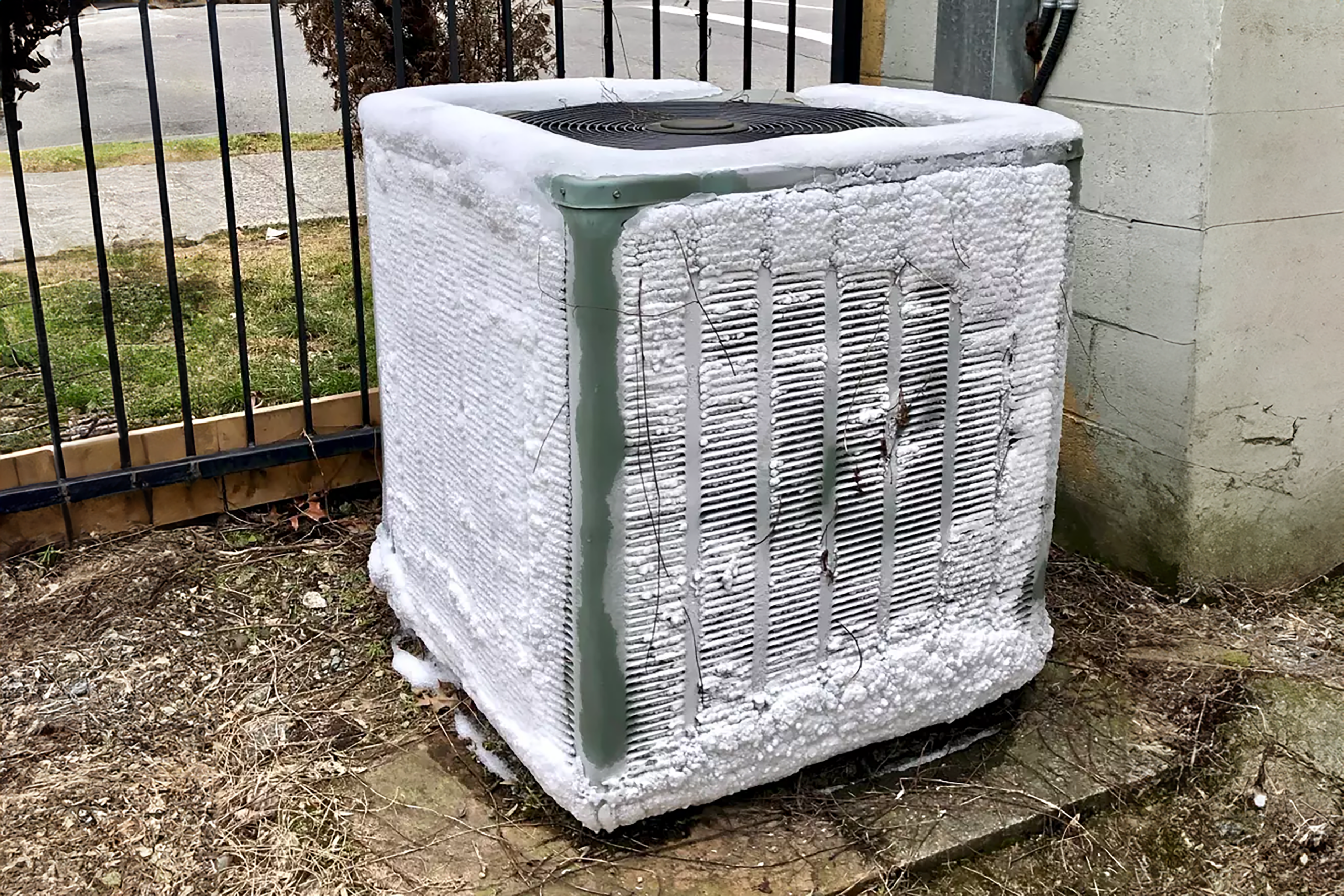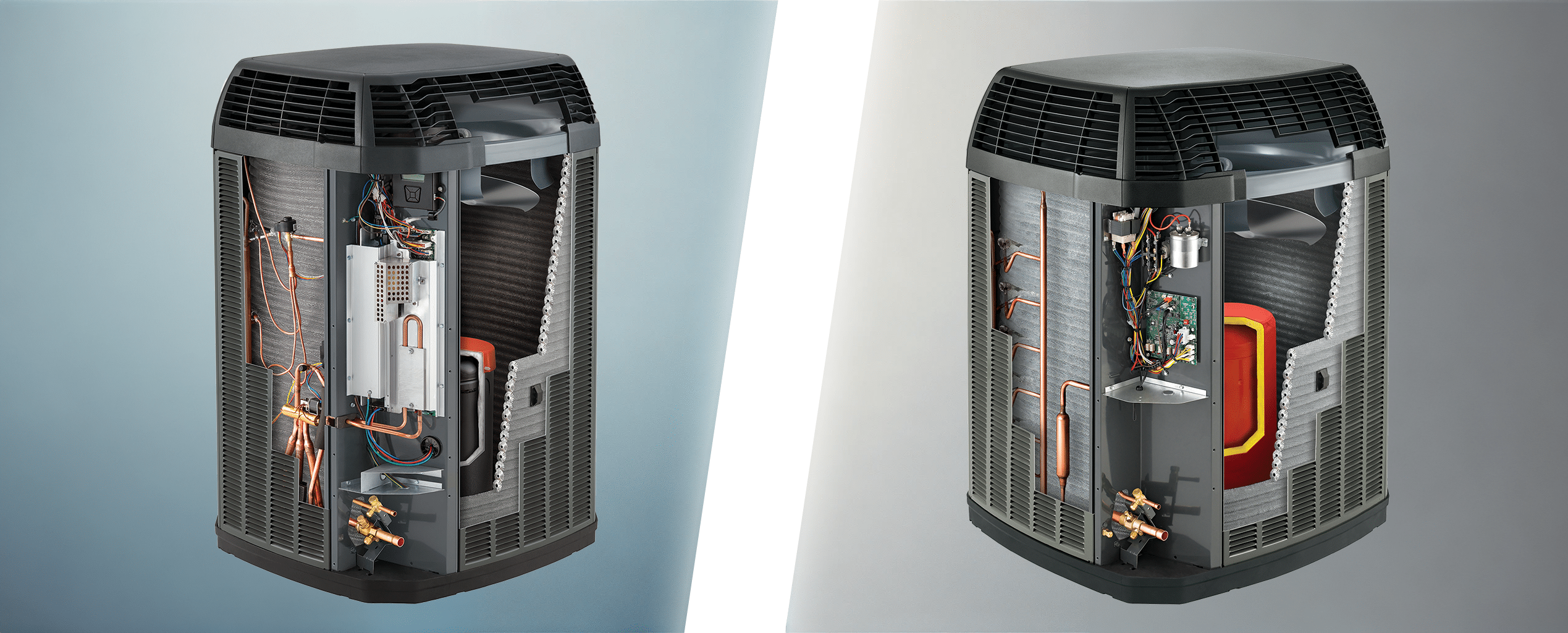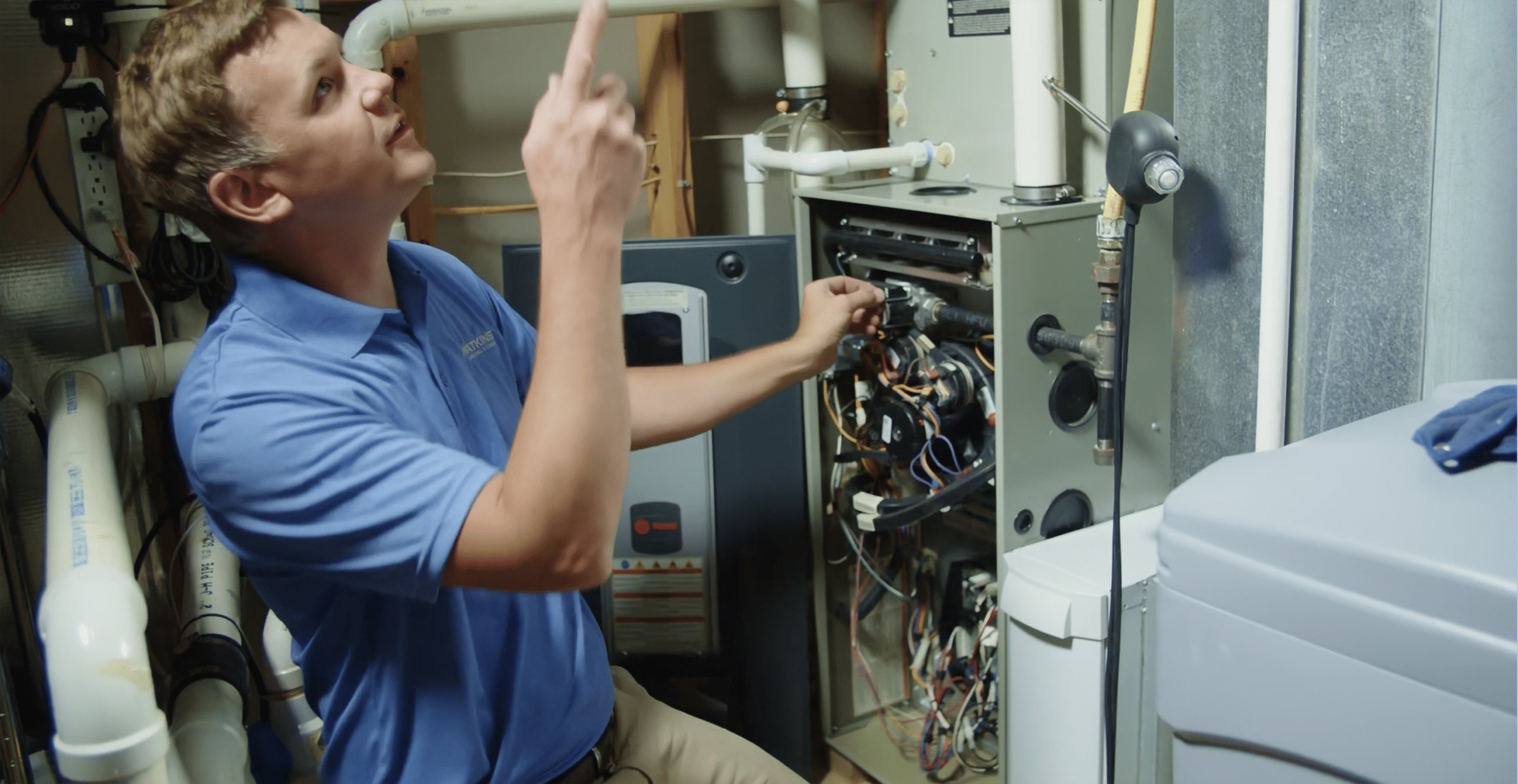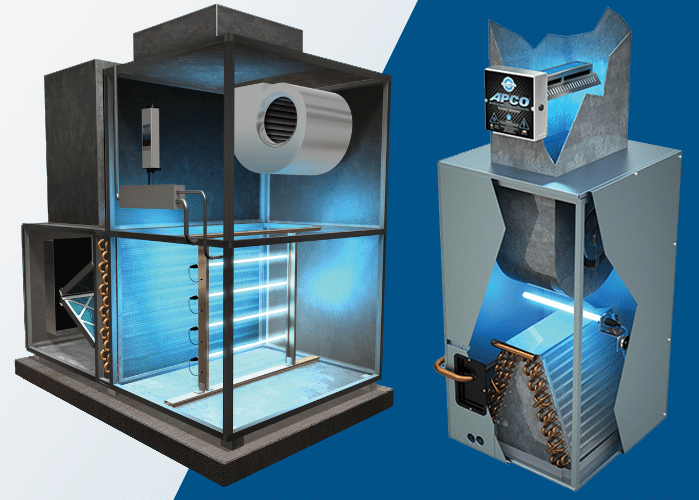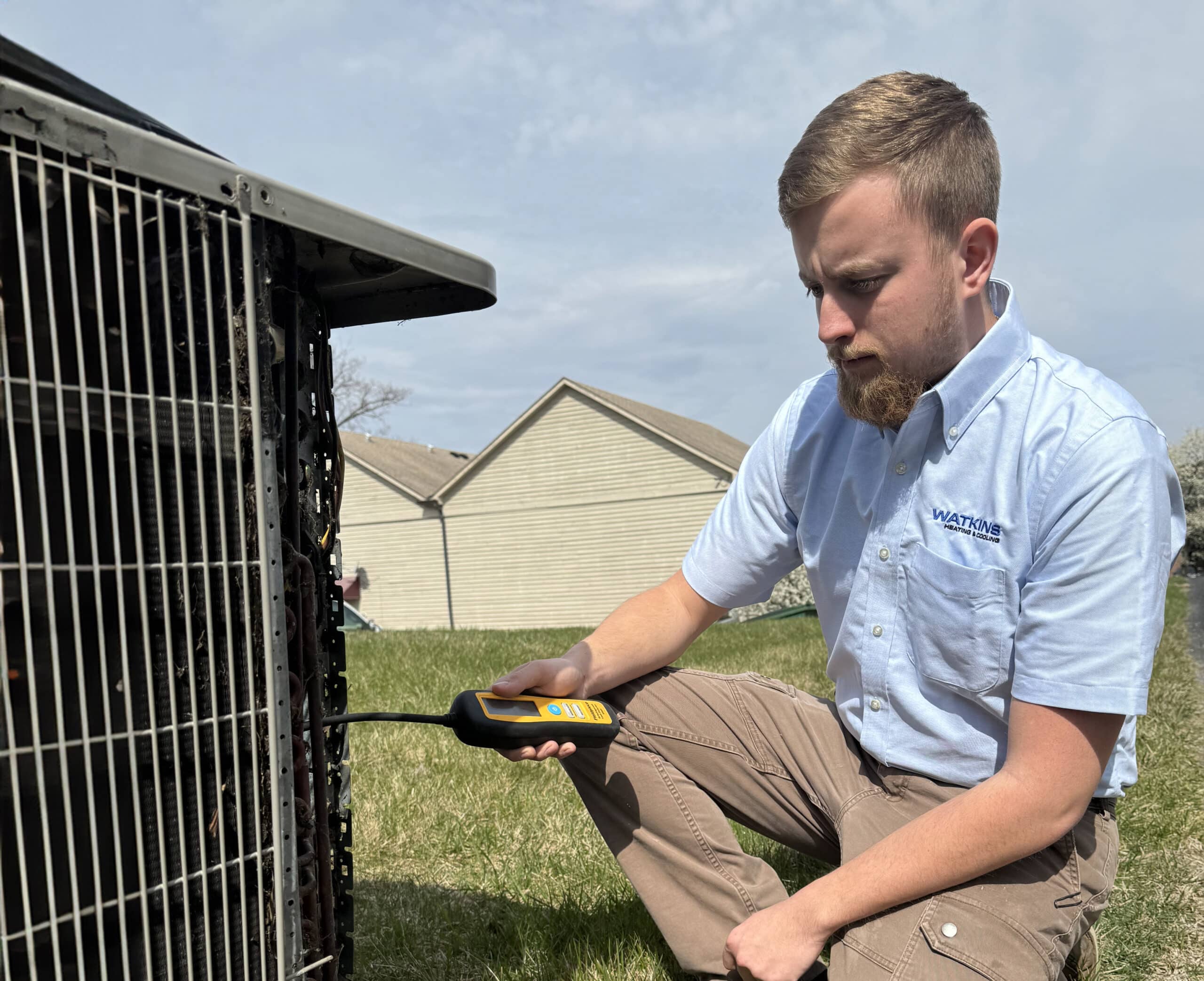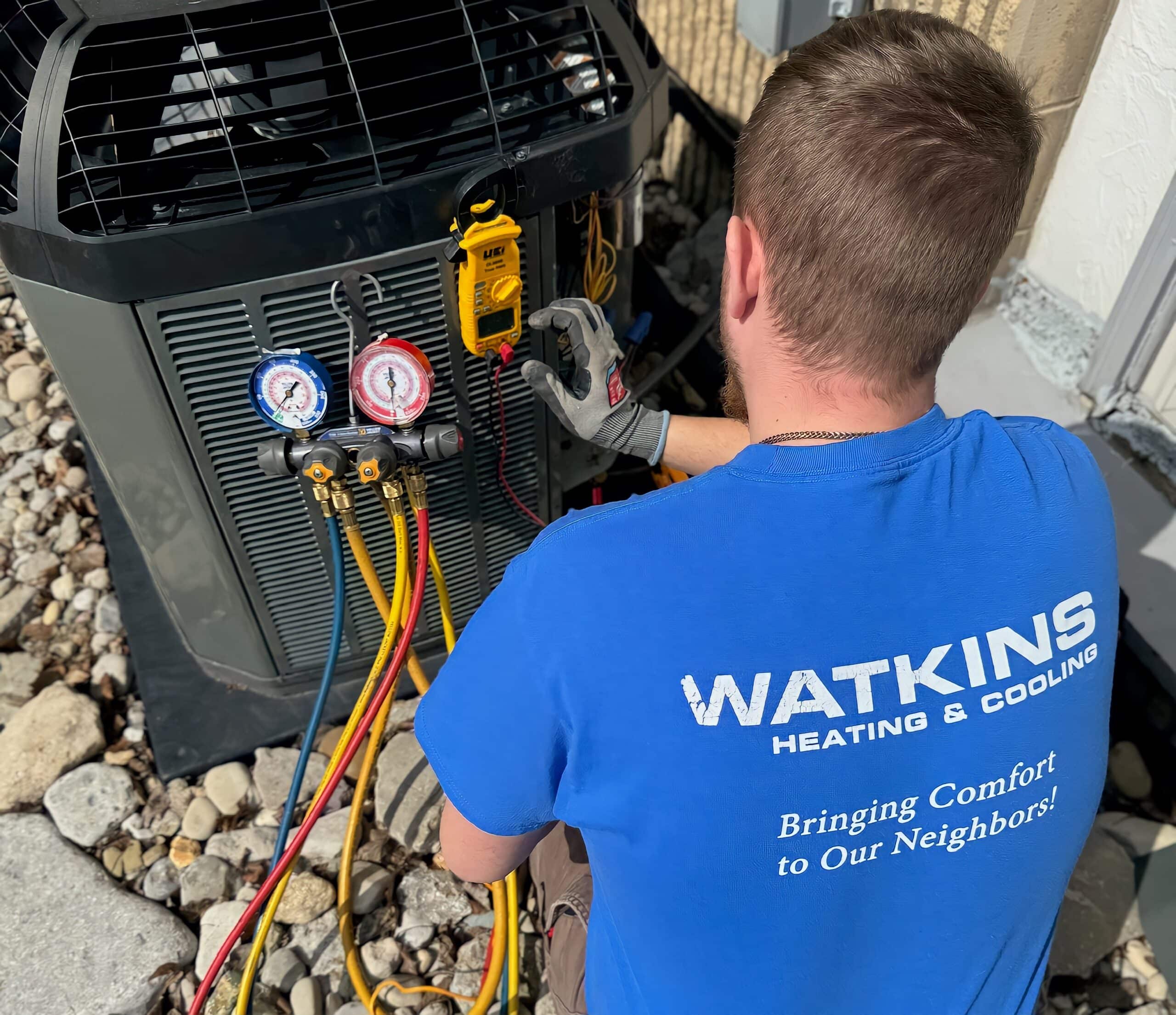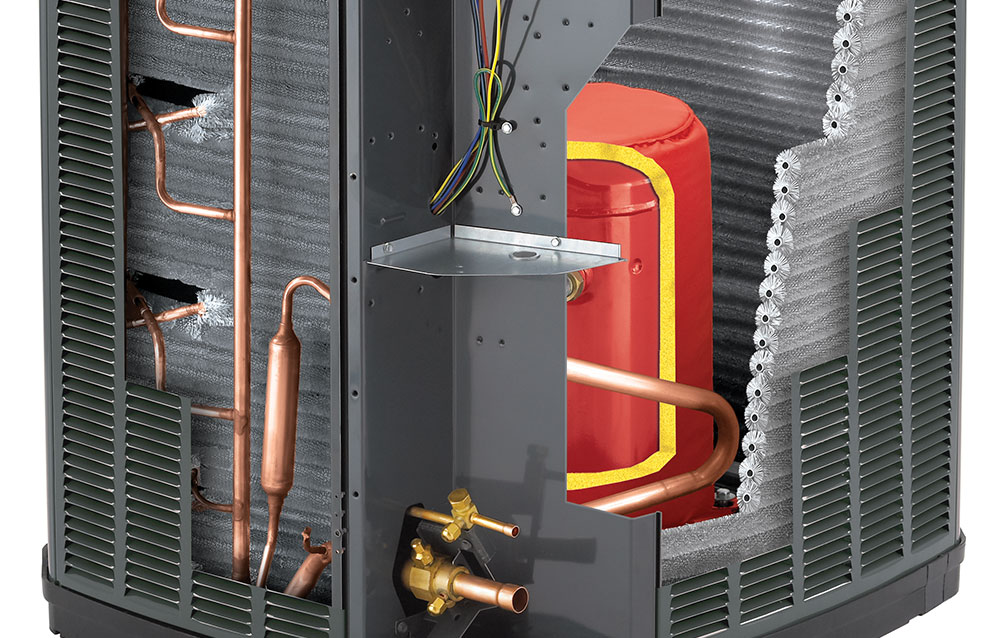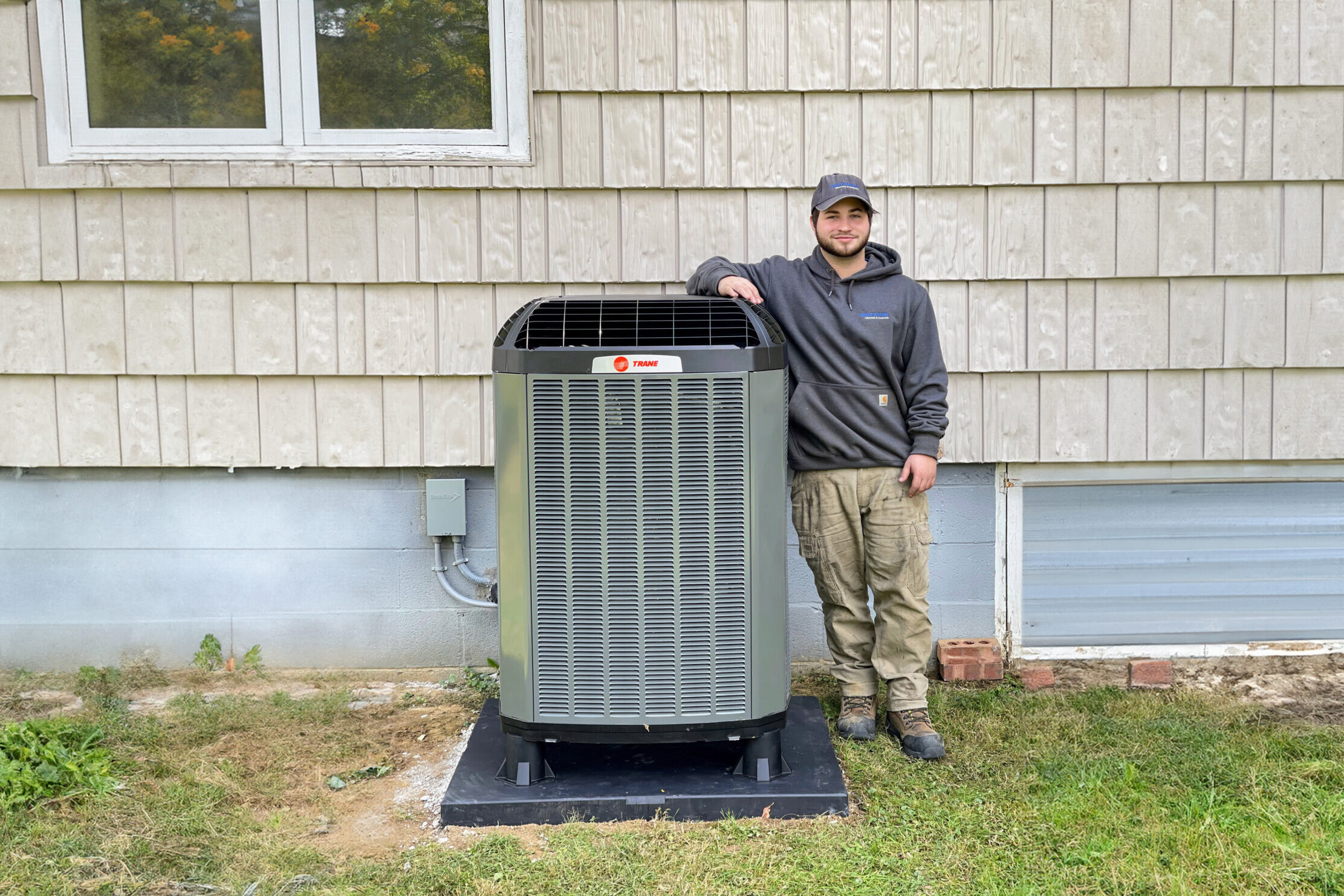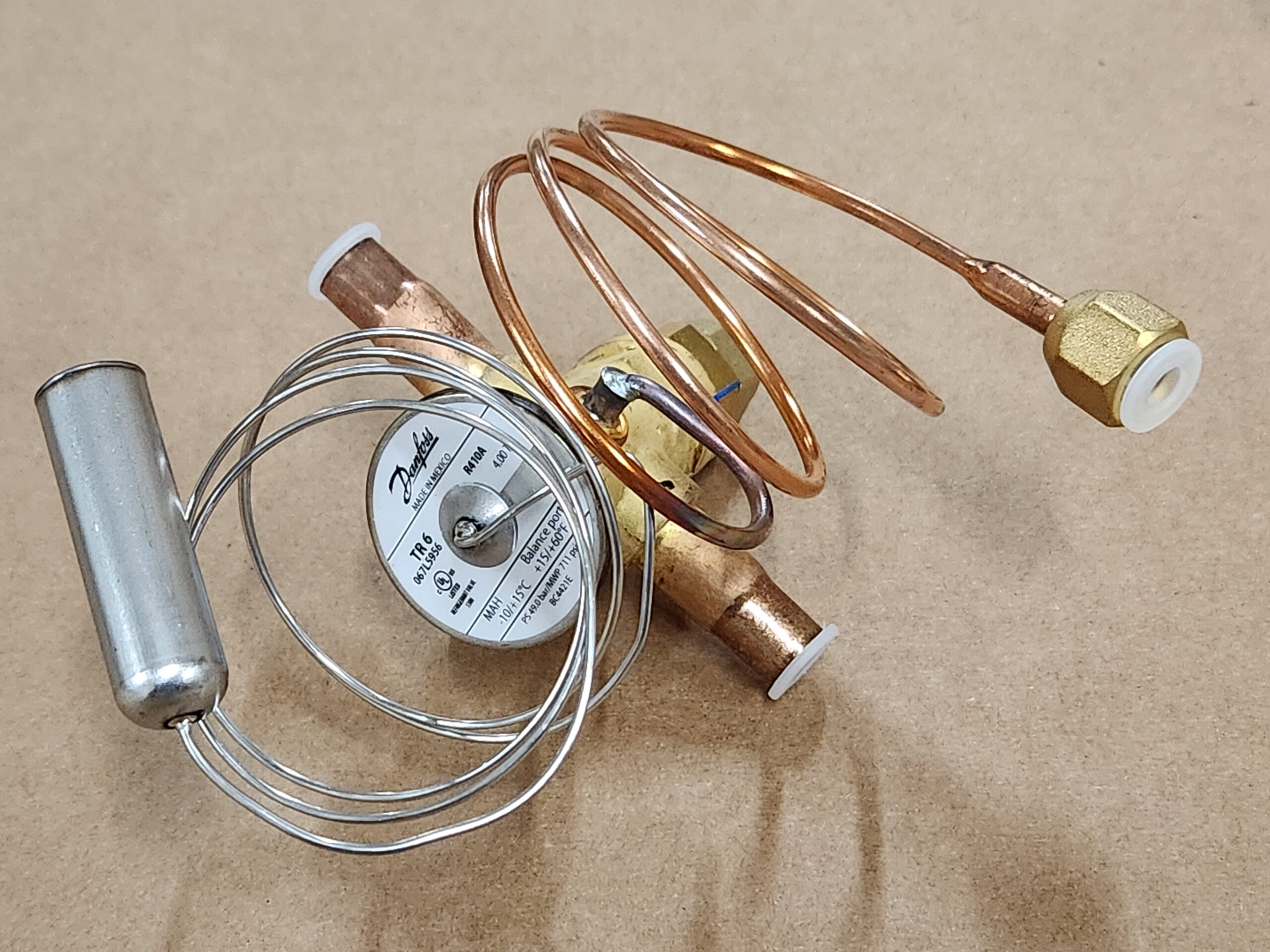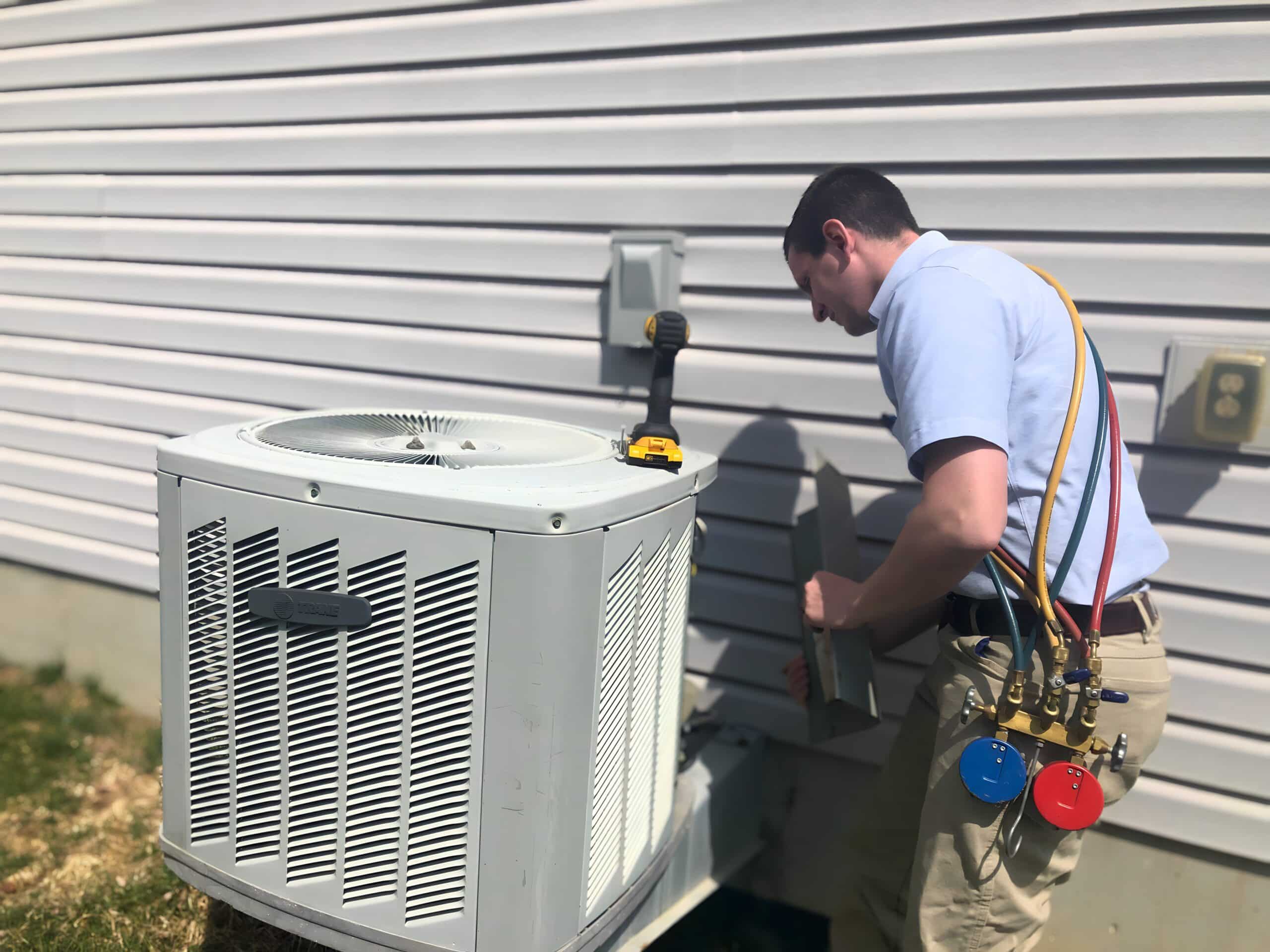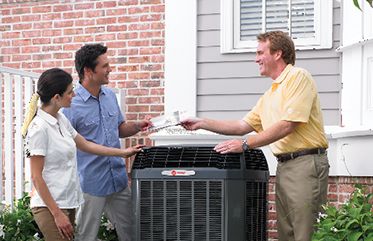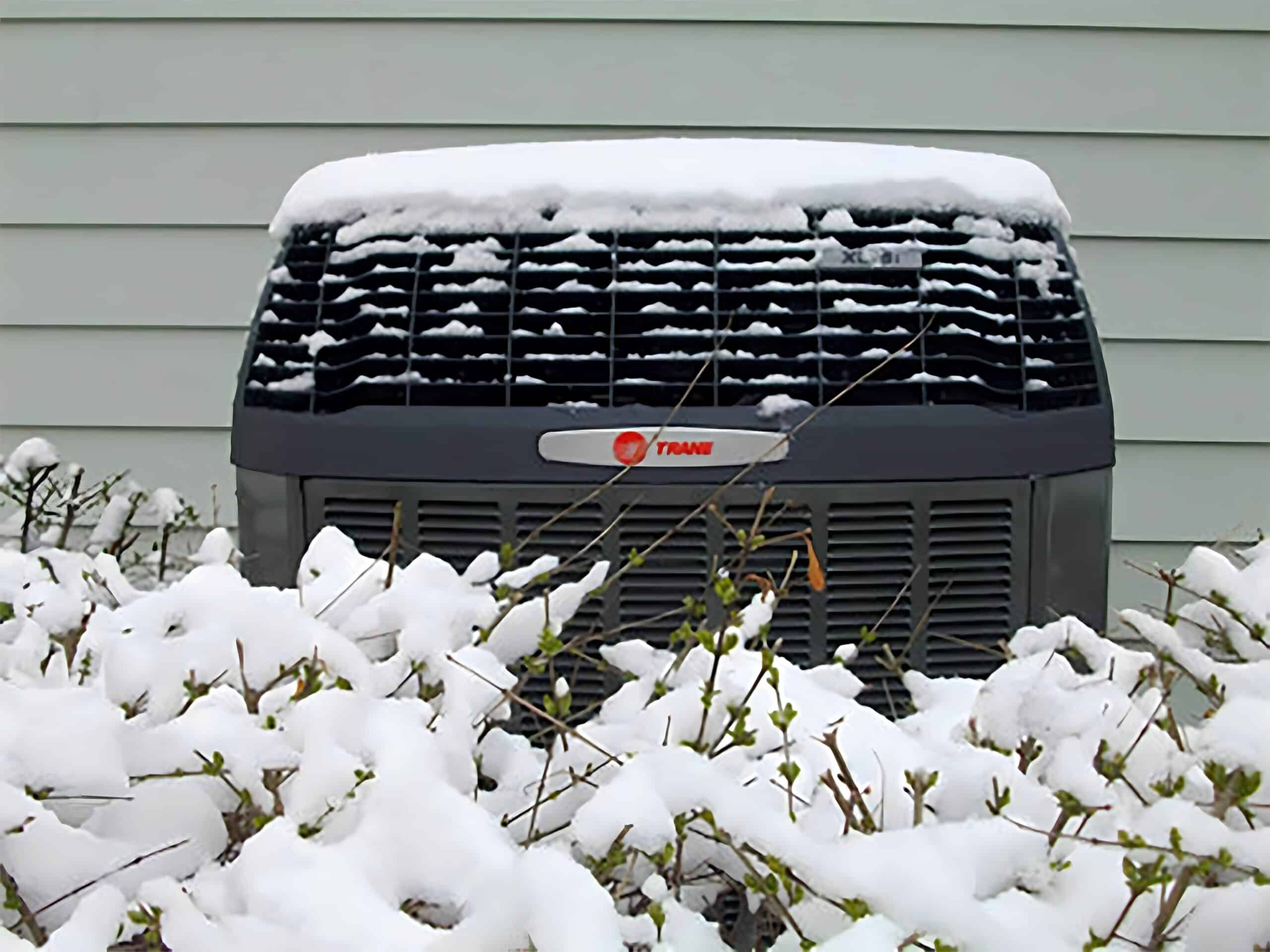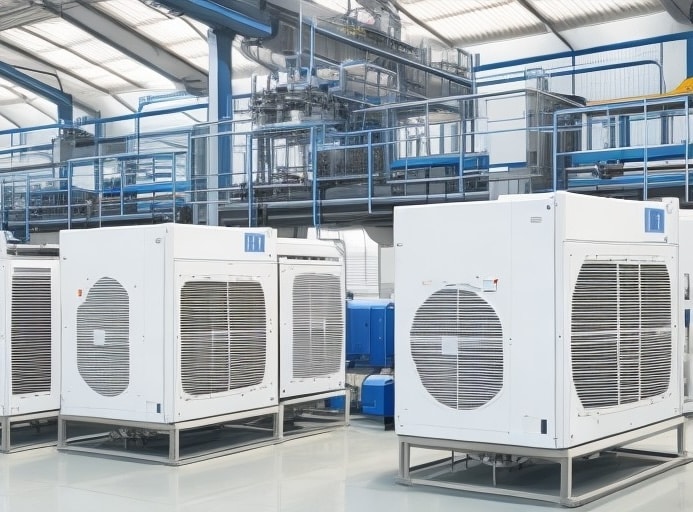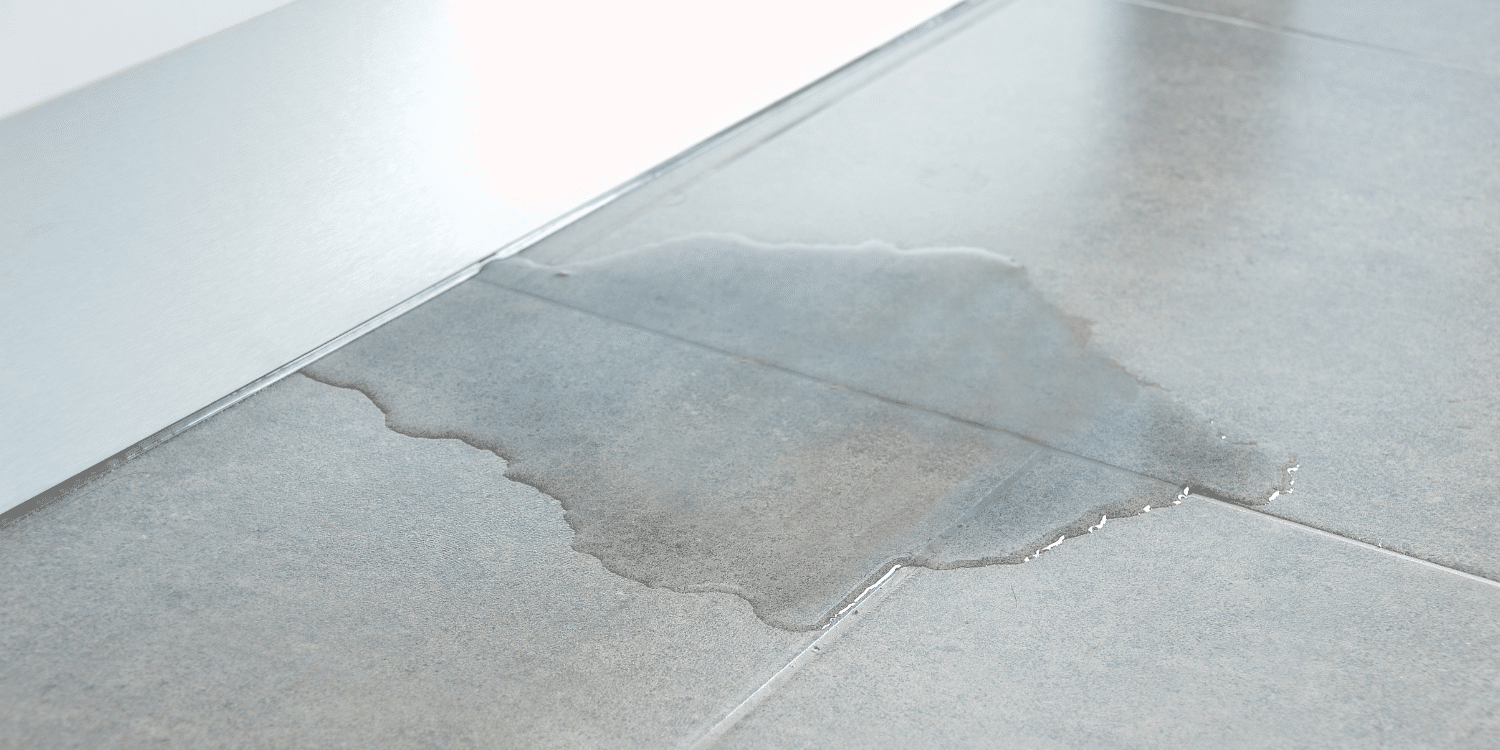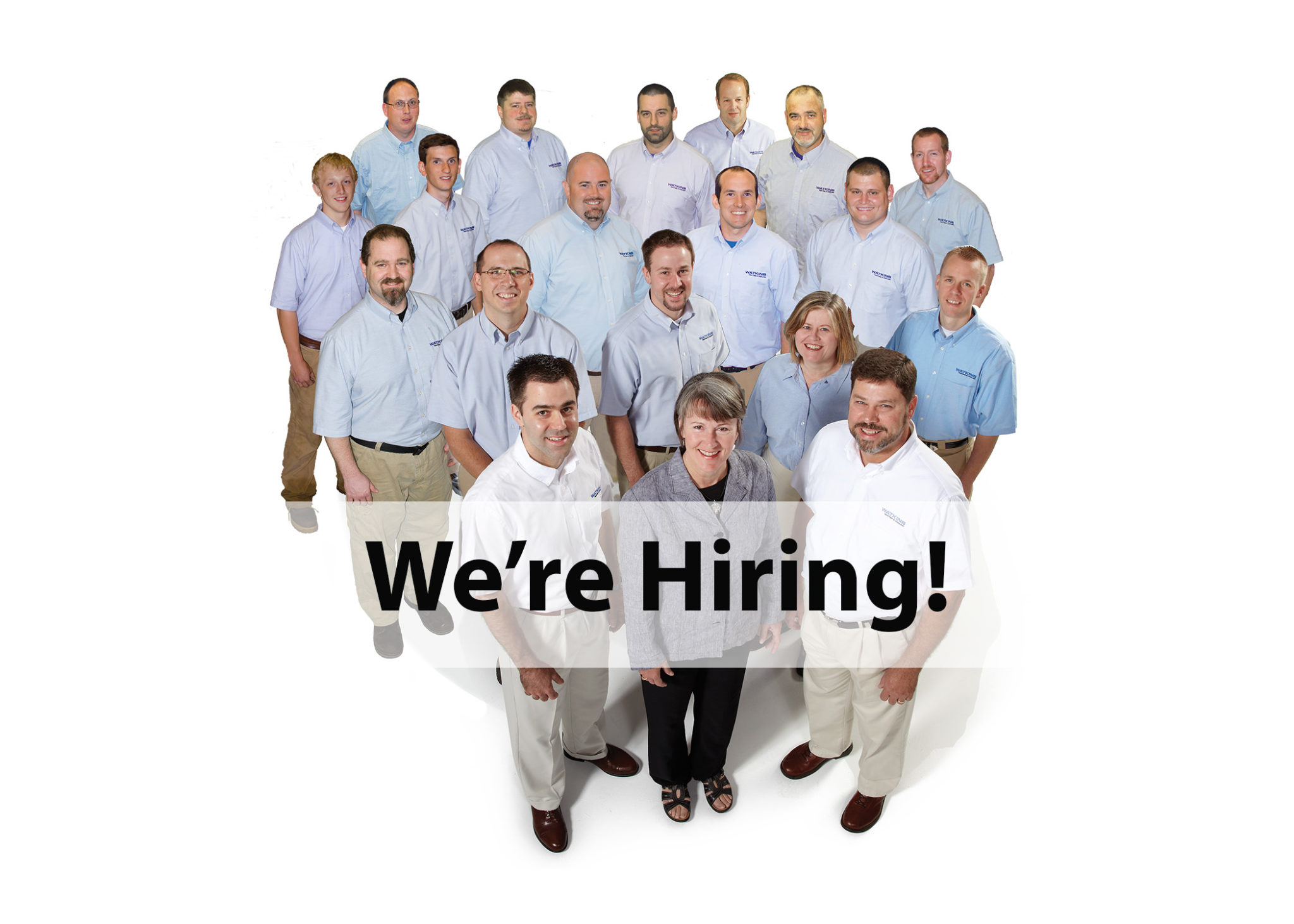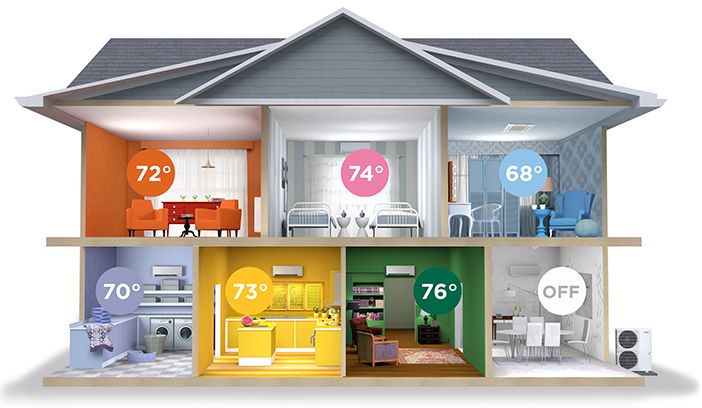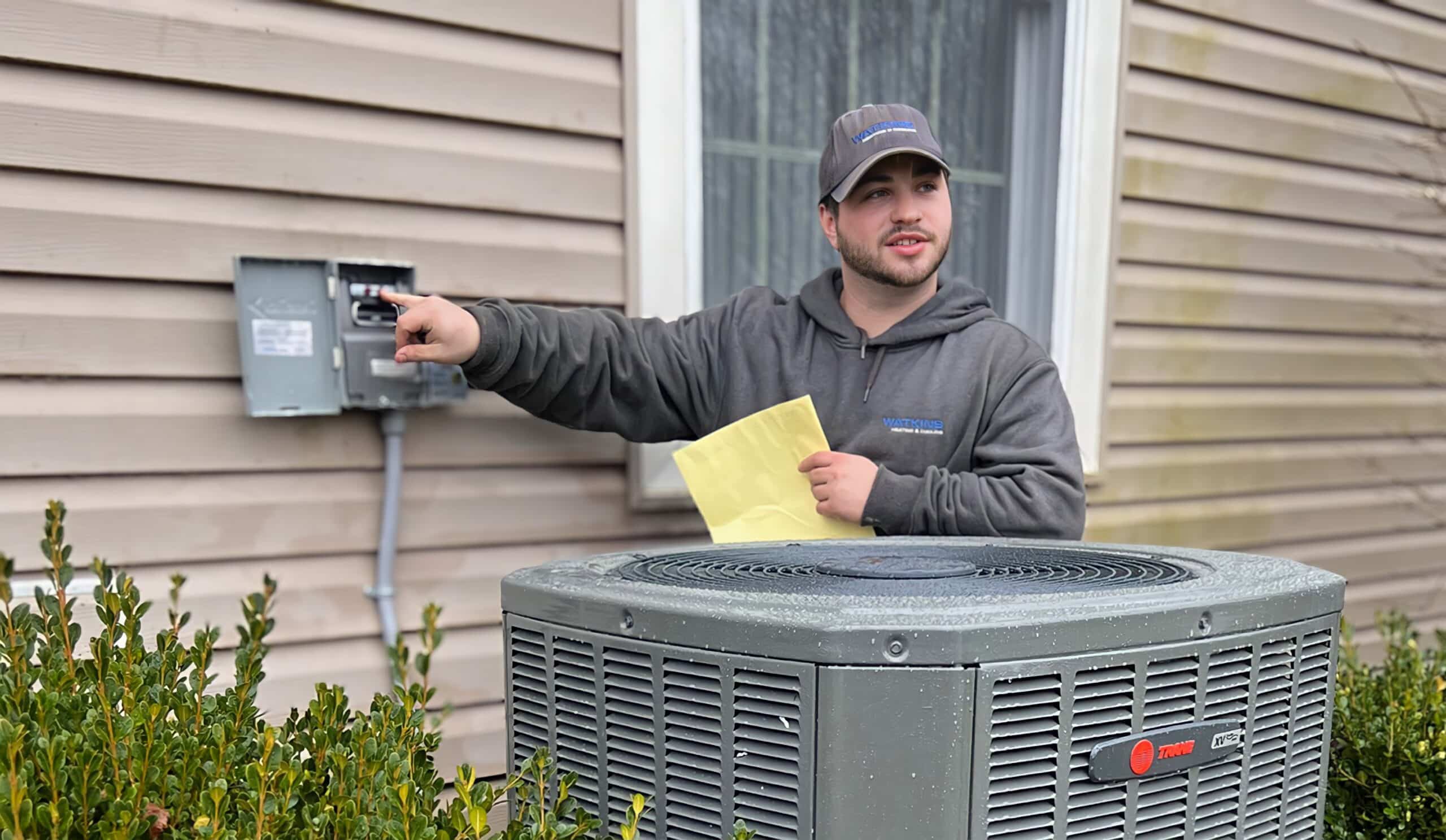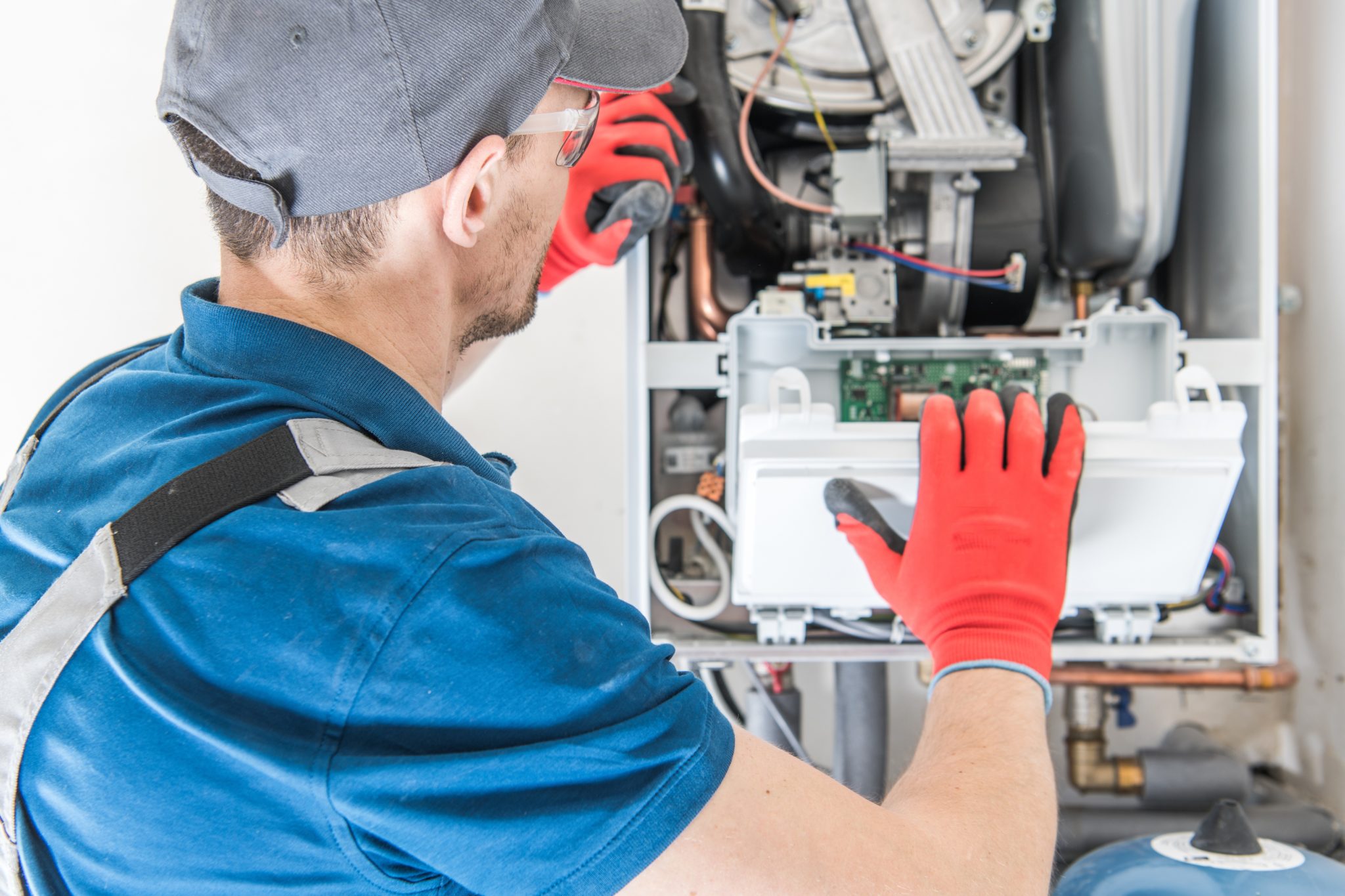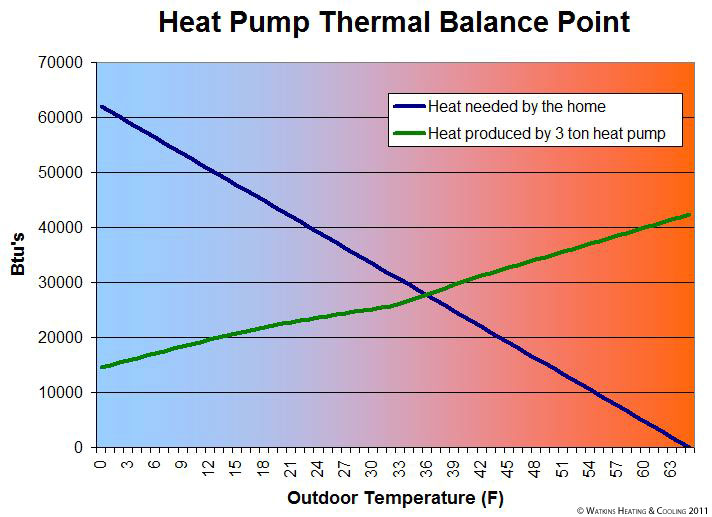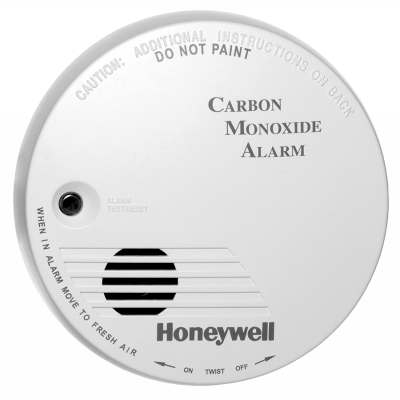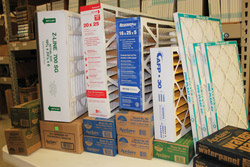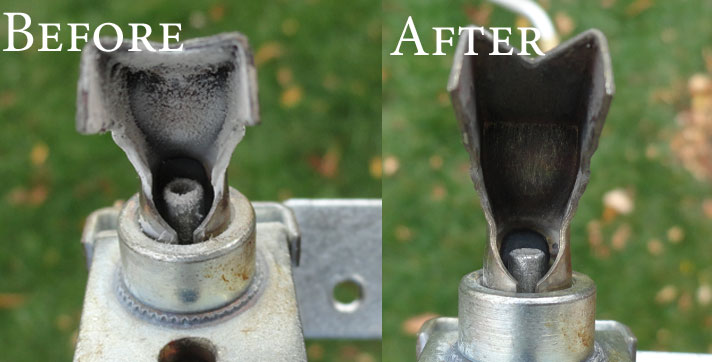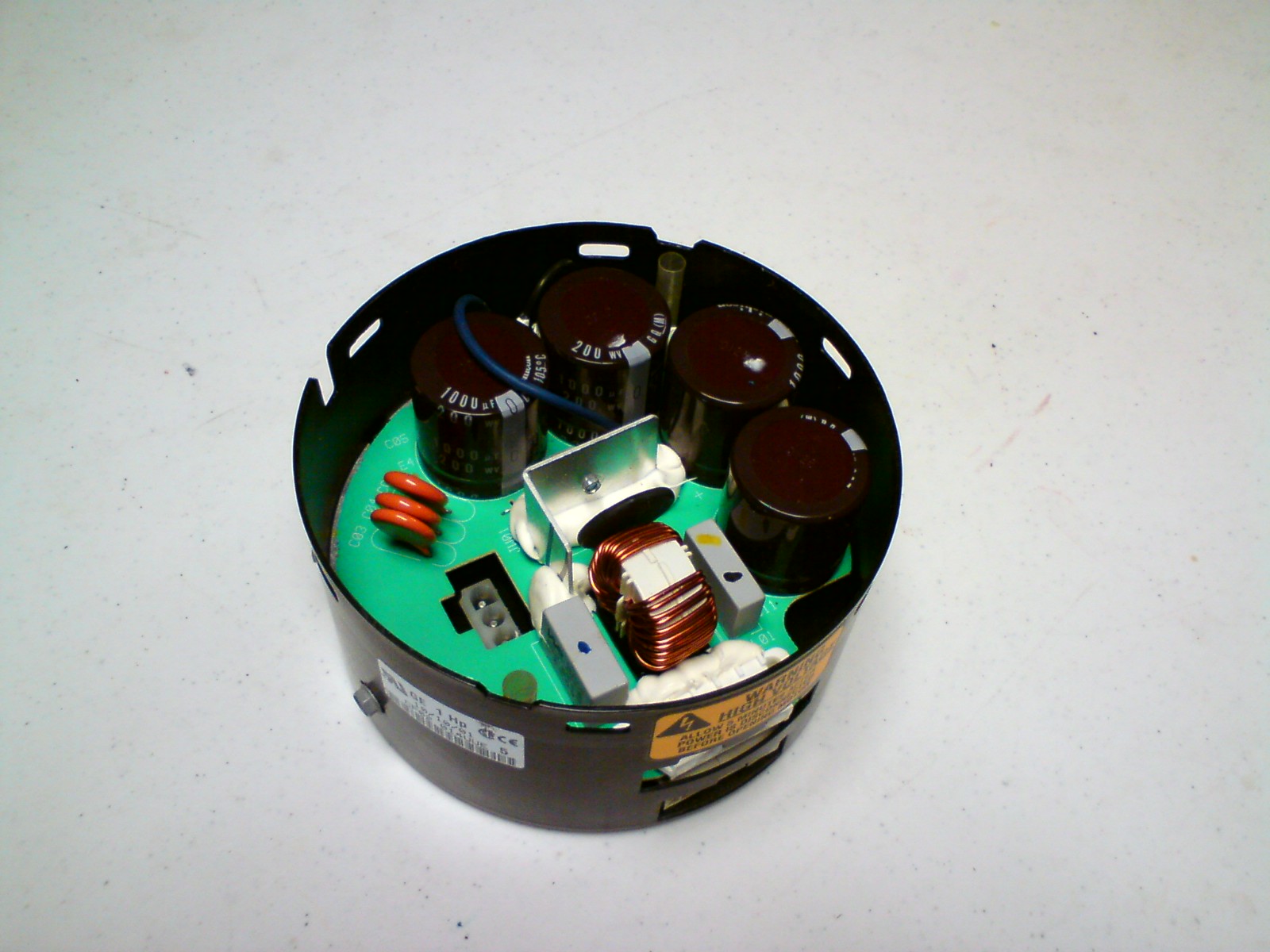Overview of Furnace and Air Conditioner Brands: An HVAC Company Family Tree
Most HVAC brands are part of larger parent companies. To make sense of the HVAC industry, it’s helpful to understand how various air conditioner brands and furnace brands fit into the larger picture. Essentially, who the main HVAC manufacturers are, and which brands they own.
This guide provides an in-depth breakdown of air conditioner brands and furnace brands, organized by their parent companies. By collecting all the big air conditioning and furnace brands for you and grouping them within their parent companies, we provide our customers a clear picture of “who makes what.”
It’s important to note that this article does focus on unitary brands with more traditional home HVAC products such as air conditioners, heat pumps, furnaces, and coils. We won’t cover the brands that manufacture only specialty units such as geothermal, portable A/C’s, PTAC’s, and ductless systems.
At Watkins Heating & Cooling, we’ve been helping homeowners navigate the complex world of HVAC systems for years, and this guide will make it easier to understand HVAC brands for anyone looking to make informed choices. Whether you’re researching a specific brand or simply curious about the industry’s overall structure, this comprehensive guide will help you navigate the HVAC landscape.
The HVAC Family Clusters
This relationship between HVAC manufacturers and the brand names they market looks more like a cluster than a family tree. Each cluster represents a parent company surrounded by its related brands, providing a visual understanding of how the industry’s major players and their products are interconnected.
In our experience, most brands within the same parent company are essentially identical products with different labels. Several manufacturers like Trane, Carrier, and Lennox do offer unique budget models targeted at new construction and multi-family. These variations allow companies to reach different market segments while ensuring that core technology standards for efficiency and reliability remain consistent across the brands. The infographic below provides a clear view of the main HVAC manufacturers and the furnace and air conditioner brands they own, helping to clarify the industry’s organizational structure for consumers and industry professionals alike.


Trane Technologies (formerly owned by Ingersoll Rand)
Trane Technologies was established in 2020 when Ingersoll Rand restructured and spun off its climate-focused segment to form an independent company. Ingersoll Rand, which originally acquired Trane in 2008, redirected its focus to industrial applications, while Trane Technologies continued as a leader in the HVAC industry. With roots going back to Trane’s founding in 1913, Trane Technologies is dedicated to sustainable HVAC and energy solutions. Initially a plumbing business, Trane became a key player in climate control through innovations like the low-pressure steam heating system. After acquiring General Electric’s HVAC division in 1982 and recently forming a joint venture with Mitsubishi Electric, Trane’s growth as been propelled by rugged reliability and advanced technology.
Today, the company focuses on delivering energy-efficiency and reliability for residential, commercial, and industrial markets. Unlike many other brands that share the same technology across their parent company’s lineup, Trane stands out by offering unique models and features even among the brands it manufactures. This approach allows Trane to cater to diverse market segments and provide a wide range of options under the same corporate umbrella.

Trane
Trane is the flagship HVAC brand under Trane Technologies, recognized for its premium, high-quality, and durable products. The lineup includes advanced air conditioners, heat pumps, and furnaces, with models like the XV20i air conditioner featuring variable-speed compressors for precise temperature control. Products such as the S9V2 gas furnace provide high efficiency and quiet operation, while WeatherGuard tops on outdoor units enhance durability. Trane’s requirements for their dealers are among the strictest standards in the industry, and this strong dealer base is largely responsible for Trane’s reputation for reliability.

American Standard
American Standard began as a small plumbing company in the 1880s and expanded into HVAC in the 1920s. The group merged with Trane in 1984 and today the brands share the same factory and a nearly identical product line. American Standard is distributed through different channels and dealers.

RunTru
RunTru is a budget-oriented brand under Trane Technologies, designed using Trane’s engineering and built in Mexico. The affordable product lineup shares some core components with Trane but lacks the advanced features and is targeted at the new construction market.

AmeriStar
Ameristar provides cost-effective HVAC systems with a focus on residential applications. Similar to RunTru, Ameristar is engineered by Trane, but built largely overseas. Known for straightforward equipment, the brand’s air conditioners, heat pumps, and furnaces deliver basic comfort at an accessible price, making them a fit for budget-conscious homeowners.
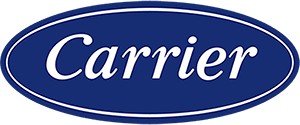
Carrier Global Corporation (formerly owned by United Technologies)
Carrier Global Corporation became an independent company in 2020, following a spin-off from United Technologies, which merged with Raytheon to form Raytheon Technologies. Carrier’s history dates back to its founding in 1902 by Willis Carrier, who invented the first modern air conditioning system. The company has since played a significant role in HVAC innovation, expanding into fire safety, refrigeration, and building automation. Today, Carrier remains a leader in HVAC technology, known for providing solutions across residential and commercial sectors, as well as cold chain logistics and commercial refrigeration.
Carrier
The main products sold by Carrier Global Corporation are through their brand name Carrier. As a pioneer in the HVAC industry, Carrier has been at the forefront of air conditioning innovation for over a century. The brand has consistently introduced breakthroughs, such as weather-resistant heat exchangers and eco-friendly refrigerants. Carrier’s commitment to quality has led it to become a trusted name in residential and commercial markets alike, offering a wide range of products from energy-efficient heat pumps to smart thermostats that integrate with modern home automation systems.

Bryant
Bryant was founded in 1904 by Charles Bryant and has been a staple in HVAC for over a century. It joined Carrier’s family in the mid-20th century and shares manufacturing facilities and technologies. Bryant offers a comprehensive range of HVAC products, including gas and oil furnaces, air conditioners, and heat pumps. Most of the Bryant line is identical to Carrier with a different paint color and brand label.

Payne
Established in 1914, Payne initially focused on residential heating solutions before expanding into air conditioning. It joined Carrier in the mid-20th century and offers budget-friendly HVAC products that incorporate core Carrier technologies. Payne’s product lineup is straightforward, catering to customers who want reliable heating and cooling without extra features.

ICP Brands (International Comfort Products)
Founded in 1929, ICP has a long history in the HVAC industry. Originally an independent manufacturer, ICP was acquired by Carrier Global Corporation in 1999. The acquisition allowed ICP to leverage Carrier’s technology while maintaining a separate brand identity for different market segments. ICP is sold under many HVAC brands across North America, each nearly identical with a different badge:

AirQuest: AirQuest is a reliable HVAC brand under the ICP umbrella, known for providing cost-effective heating and cooling solutions. Sharing technology and design elements with other ICP brands, AirQuest offers products that balance affordability with quality, making them suitable for homeowners who seek dependable performance without a premium price tag. The brand is often distributed through specific regional channels, catering to diverse market needs while maintaining the standards set by Carrier’s technology.

Arcoaire: AirQuest joined ICP to provide affordable residential heating and cooling solutions. It shares core components and technology with other ICP brands while targeting budget-conscious consumers through distinct distribution channels.

Comfortmaker: Established in the early 1950s, Comfortmaker gained popularity for its budget-friendly HVAC solutions. As part of ICP, it utilizes Carrier’s technology to provide reliable heating and cooling systems designed for homeowners seeking affordability and quality.

Day & Night: Originating in California, Day & Night became part of ICP to cater to specific regional markets. The brand is known for its durable HVAC solutions, especially in areas with varying temperature extremes.

Heil: Founded in 1929, Heil is known for its energy-efficient HVAC products, originally focused on residential oil furnaces. The brand later diversified into air conditioners and heat pumps, gaining recognition for its durable and high-performance systems.

KeepRite: Popular in Canada, KeepRite was founded in the 1940s and joined ICP in the late 20th century. It is built to perform well in harsh climates, providing durable heating and cooling solutions that can handle extreme cold.

Tempstar: Established in the 1950s, Tempstar was integrated into ICP to offer energy-efficient HVAC systems that serve as more affordable alternatives to Carrier-branded products. It has a strong reputation for its quality and reliable performance.

Bosch Thermotechnology
Bosch, founded in 1886, is a German multinational recognized for its high-quality engineering across multiple industries, including automotive, industrial, and household appliances. Robert Bosch GmbH, the larger company is a global engineering and technology company known for a wide range of products, from automotive parts to home appliances. Bosch Thermotechnology is the division dedicated to HVAC solutions, emphasizing sustainable and energy-efficient heating and cooling technologies. The company also manufactures solar thermal systems and water heating solutions.
* Important Update * In July 2024, Bosch entered into an $8 billion agreement to acquire Johnson Controls’ residential and light commercial HVAC business, which includes the York brand. This strategic move aims to significantly expand Bosch’s HVAC presence, almost doubling the revenue of its Home Comfort Group. The acquisition aligns with Bosch’s commitment to enhancing its portfolio with energy-efficient HVAC solutions across the residential and light commercial markets. The deal is expected to close in mid-2025, pending regulatory approval.
Bosch
Bosch is the primary brand name under Bosch Thermotechnology. Bosch HVAC product line includes gas furnaces, high-efficiency boilers, and heat pumps. All integrating advanced features like inverter-driven compressors and smart home compatibility to provide energy-efficient solutions.

Buderus
Buderus, acquired by Bosch in 2003, is a well-known European brand specializing in heating technology. Founded in 1731, it is one of the oldest manufacturers of boilers and heating systems in the world. Buderus offers high-efficiency boilers, renewable energy products like solar thermal systems, and advanced heating controls.

Johnson Controls
Johnson Controls was founded in 1885 by Warren S. Johnson, an inventor who developed the first electric room thermostat. Headquartered in Cork, Ireland, the company specializes in HVAC, building automation, fire protection, and security systems. Beyond HVAC, Johnson Controls is also a leader in battery manufacturing for automotive and energy storage applications.
* Important Update * Johnson Controls has agreed to sell its residential and light commercial HVAC business, including the York brand, to Bosch for $8 billion, a transaction announced in July 2024. This divestiture marks a shift in Johnson Controls’ focus towards its core strengths in commercial building solutions and automation. The sale is anticipated to be finalized by summer 2025, subject to regulatory clearance, and will allow Johnson Controls to reallocate resources toward expanding its market leadership in smart building technologies.

York
York was established in 1874 and has a long history in HVAC, including producing cooling systems for military ships during World War II. Acquired by Johnson Controls in 2005, York continues to offer a wide range of HVAC products, including residential systems and large commercial chillers.

Coleman
Founded in 1900 as a camping equipment company, Coleman was recently acquired by Johnson Controls and its brand label attached to the York line of HVAC products. The brand now provides affordable heating and cooling systems that largely identical to York products but at lower price points.

Luxaire
Luxaire has been in operation since the 1930s and became part of Johnson Controls in the 20th century. The brand is known for its efficient and affordable residential HVAC systems, often marketed for those seeking value without sacrificing performance. Again, the Luxaire product line is basically York systems with a different badge.

Daikin Industries, Ltd.
Daikin Industries, founded in 1924 in Osaka, Japan, has grown to be the largest HVAC manufacturer in the world. The company is renowned for innovations such as the development of variable refrigerant flow (VRF) systems, which revolutionized commercial HVAC efficiency. Daikin’s diverse product lineup includes not only HVAC systems but also chemical products and industrial refrigeration solutions. Their size and scale gives them the ability to vertically integrate, manufacturing many of the individual components that go into their products. The company acquired Goodman in 2012 to expand its presence in North America, particularly in the residential sector.
Daikin
Daikin is the main brand within Daikin Industries, at the forefront of air conditioning innovation. Known particularly for its ductless mini-split systems, Daikin products are highly regarded for their energy efficiency and ease of installation. The company’s commitment to sustainability is evident in its development of R-32 refrigerant, which has a lower global warming potential than traditional refrigerants. Daikin systems excel in maintaining consistent indoor temperatures, even in extreme conditions. Daikin’s great reputation online is largely due to their strict dealer standards.

Goodman
Goodman was established in 1975 by Harold Goodman in Houston, Texas, with a focus on affordable, high-quality HVAC products. After Daikin’s acquisition in 2012, Goodman became an integral part of Daikin’s strategy to provide budget-friendly options. Today, Goodman offers a wide range of HVAC solutions, including heat pumps, air conditioners, and gas furnaces.

Amana
Founded in 1934, Amana was initially known for kitchen appliances before expanding into HVAC. The company was acquired by Goodman in the 1990s and later became part of Daikin’s portfolio. Amana HVAC products share components with Goodman units but are often positioned as a more premium brand, featuring extended warranties and advanced technologies.

Lennox International
Lennox International was founded in 1895 by Dave Lennox, who invented a riveted steel furnace that set the stage for modern HVAC systems. The company is headquartered in Richardson, Texas, and remains one of the few manufacturers that controls its production in-house, allowing for strict quality control.
Like Trane, Lennox distinguishes itself by offering unique models and features across the brands it manufactures, rather than having the exact same technology and units across all brands. This enables Lennox to reach different market segments with specialized products while maintaining consistent standards of efficiency and reliability. The company offers a range of products, including air conditioners, heat pumps, furnaces, and commercial refrigeration units, making it a comprehensive climate control provider. All of the brands below, besides the flagship Lennox, are within Allied Air Enterprises, a division of Lennox International.

Lennox
Lennox is the primary brand for Lennox International, consistently marketed as a premium choice in HVAC solutions. The brand offers advanced technology such as solar-assisted heating and cooling systems. Lennox emphasizes environmentally friendly practices, including the use of high-efficiency refrigerants and materials with low environmental impact. Its top-tier products feature innovations like silent comfort technology and smart sensors that optimize indoor air quality.

Armstrong Air
Armstrong Air has roots going back to the 1920s, and it became a part of Lennox International in the 20th century. It offers budget-friendly HVAC solutions, using many of the same components found in Lennox products but marketed towards customers seeking a more economical option. Armstrong is also available to its dealers as a “private label.” If you see a local dealer offering a furnace under their own brand name, it’s likely either an Armstrong or an ICP product.

Concord
Concord provides budget-friendly heating and cooling solutions within Allied Air’s portfolio. Concord shares the same components with other brands under Allied Air, offering cost-effective HVAC systems that cater to homeowners seeking affordability.

Ducane
Positioned as a value-oriented brand, Ducane offers basic HVAC systems. The brand is popular among budget-conscious consumers, with products that benefit from shared technology across Allied Air’s other brands.

Aire-Flo
Aire-Flo targets the entry-level market, providing straightforward HVAC solutions at accessible prices. Sharing core technology with other Allied brands, Aire-Flo focuses on offering affordable comfort.
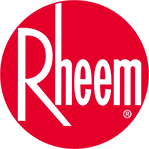
Rheem Manufacturing Company
Founded in 1925, Rheem Manufacturing Company has grown into one of the largest producers of HVAC and water heating products in North America. Based in Atlanta, Georgia, Rheem’s product range includes air conditioners, heat pumps, furnaces, water heaters, and pool heaters. The company has a strong reputation for energy-efficient technology and was among the pioneers in developing environmentally friendly refrigerants.
Rheem
Rheem is the core brand under Rheem Manufacturing Company, known for its innovative HVAC and water heating solutions. Frequently recognized for pioneering hybrid heat pump technology and tankless water heaters, Rheem’s HVAC products focus on energy efficiency and advanced comfort features, such as EcoNet smart thermostats and variable-speed compressors. The brand’s systems are designed to reduce energy consumption while maintaining optimal comfort levels.

Ruud
Ruud was founded in the 1890s by Edwin Ruud, a Norwegian immigrant who invented the first automatic storage water heater. The brand was later acquired by Rheem and continues to offer a variety of HVAC and water heating products, but often at different price points. Ruud’s systems are known for their robust warranties and reliability.

WeatherKing
This brand focuses on budget-friendly HVAC solutions. WeatherKing units share some components with Rheem and Ruud products but are designed to be a more economical option.

Nortek Global HVAC
Nortek Global HVAC is a division of Nortek Inc., a company founded in the 1970s. Nortek (also known as Nordyne) has grown to become a leading manufacturer of HVAC products for residential and commercial markets. The company emphasizes high-quality heating, cooling, and indoor air quality solutions, with a commitment to developing innovative and energy-efficient products. Nortek has an extensive portfolio of licensed brands that it attaches to their line of products.

Maytag
Originally known for its appliances, Maytag began licensing their brand under Nortek’s HVAC systems. The brand emphasizes quality and reliability, similar to its reputation for home appliances, and offers long warranties to ensure customer satisfaction. Maytag’s HVAC line is identical to other Nortek brands, except for a stainless steel cabinet.

Frigidaire
Frigidaire is a well-known name in home appliances like refrigerators and stoves but they also offer a line of HVAC products under Nortek’s management. The brand is positioned as a mid-range option, with an emphasis on energy-efficient air conditioners, heat pumps, and gas furnaces. Frigidaire units often feature advanced technology like variable-speed motors and smart thermostat compatibility.

Gibson
Gibson provides affordable HVAC options within Nortek’s portfolio, targeting budget-conscious homeowners. The brand’s lineup includes air conditioners, heat pumps, and furnaces that share core components with other Nortek products but at a more accessible price point. Gibson is marketed as a straightforward, reliable choice for basic heating and cooling needs.

Miller
Miller is a long-standing HVAC brand especially known for heating and cooling systems tailored for mobile homes and manufactured housing. Its systems are designed to withstand the unique challenges associated with smaller, more confined spaces and varying installation requirements. Miller products offer reliable comfort and affordability, catering to the specific needs of mobile home owners.
What to Look for in an HVAC Brand
Finding the right HVAC brand goes beyond just picking a name your recognize. It’s important to consider many different factors, including energy efficiency, system reliability, and the availability of advanced features, to ensure optimal comfort and long-term value. Here are some key considerations:
- Efficiency Rating: A higher SEER2 (seasonal energy efficiency rating) rating for air conditioners or AFUE (annual fuel utilization efficiency) rating for furnaces can significantly reduce energy costs. Additionally, units with the ENERGY STAR certification represent best-in-class efficiency standards.
- Reliability and Warranties: Look for air conditioner brands with strong customer satisfaction and comprehensive warranties. Many times, reliability depends more on professional installation than equipment brand or warranty. Look for an experienced locally-owned company with a vested interest in protecting their hard-earned reputation in the community.
- Features and Advanced Technology: Modern HVAC systems come with advanced features like variable-speed gas furnace and air conditioner technology, smart home integration, humidity control, and zoned heating and cooling. AC and furnace brands that offer these features can enhance overall comfort and provide better energy management.
- Replacement Parts Availability: Choosing a brand with easily accessible replacement parts ensures that maintenance and repairs can be performed quickly and affordably. AC unit and furnace systems with common components are easier to service and keep operational.
- Noise Levels: For homes where the HVAC unit is near living spaces, quiet operation is crucial. Some brands are known for prioritizing noise-reducing features, ensuring that comfort is not disrupted by loud equipment.
- Rebates and Package Deals: Many energy-efficient systems qualify for federal, state, or local rebates, which can help offset the initial cost. Additionally, many air conditioning and furnace brands offer package deals when purchasing both heating and cooling systems together, providing additional value.
For Miami Valley homeowners seeking guidance, Watkins Heating & Cooling offers top-of-the-line HVAC systems, expert advice, and reliable service to help you find the perfect system for your home.
